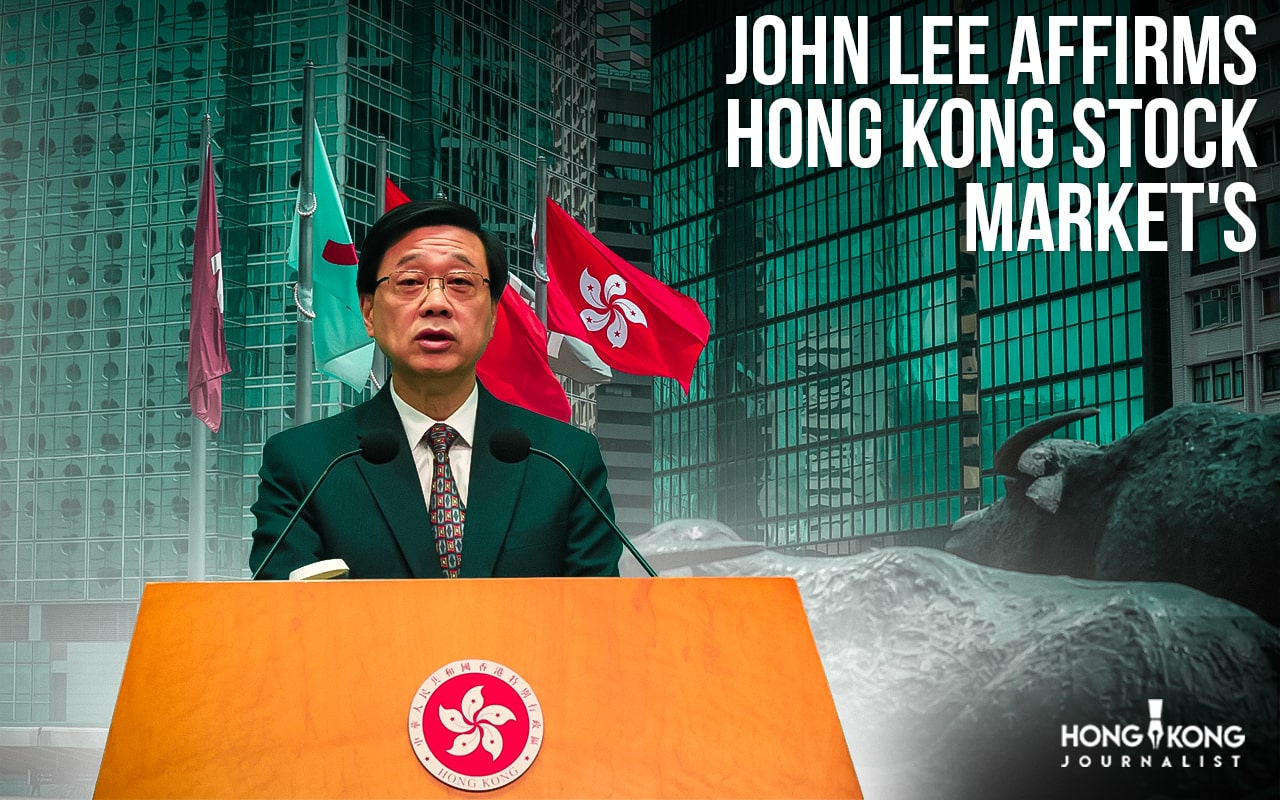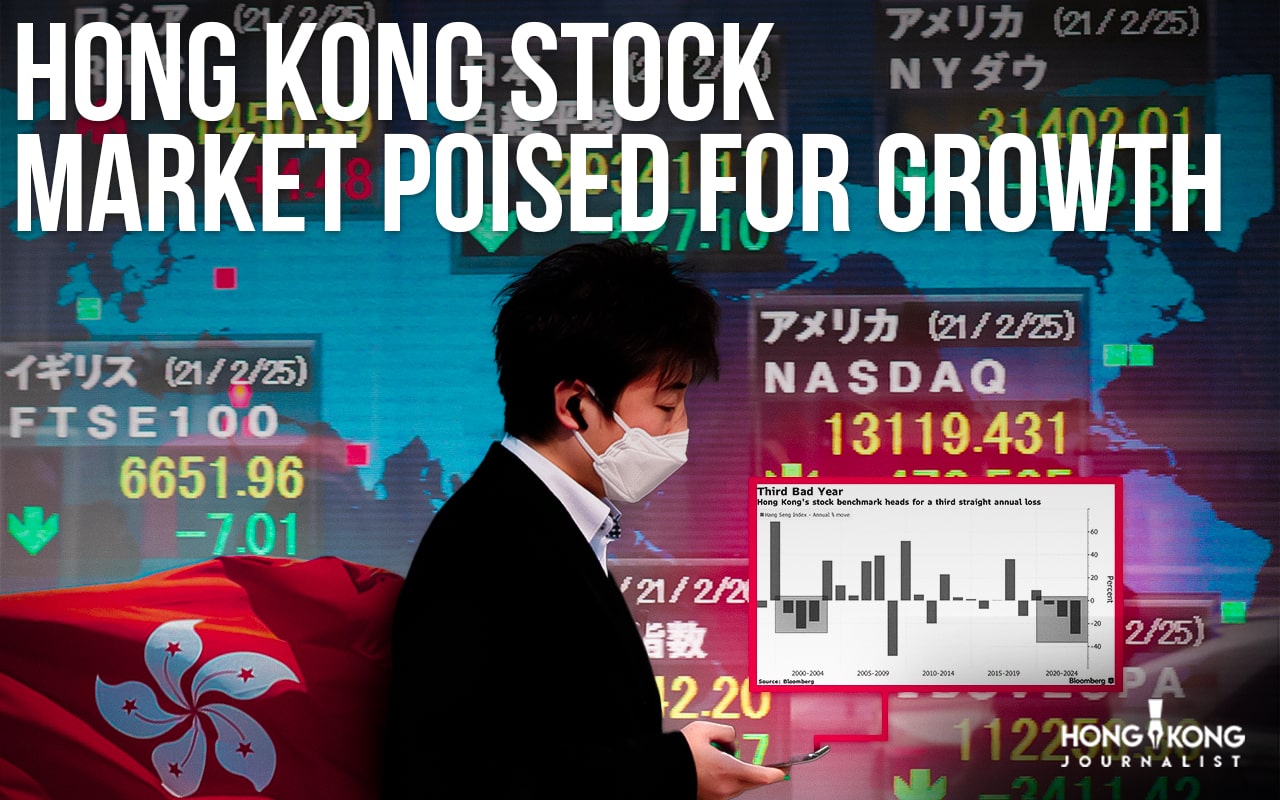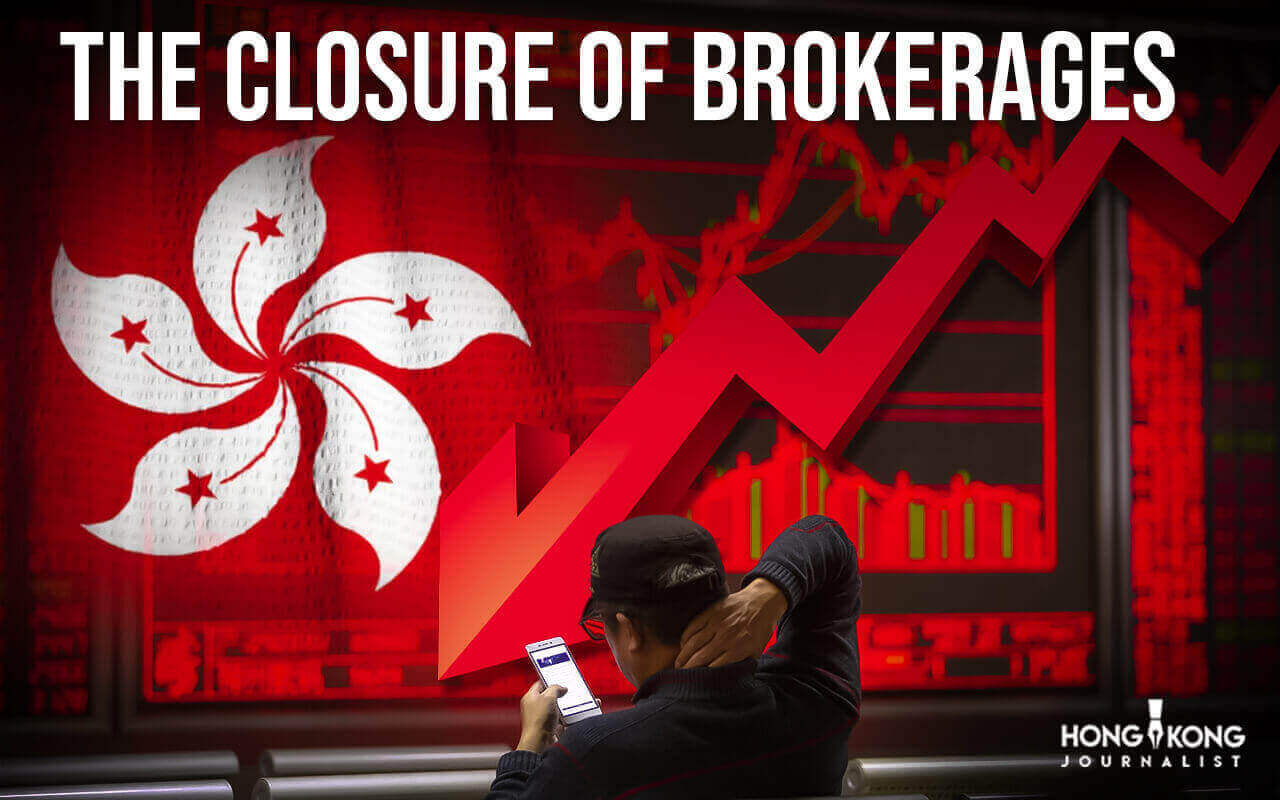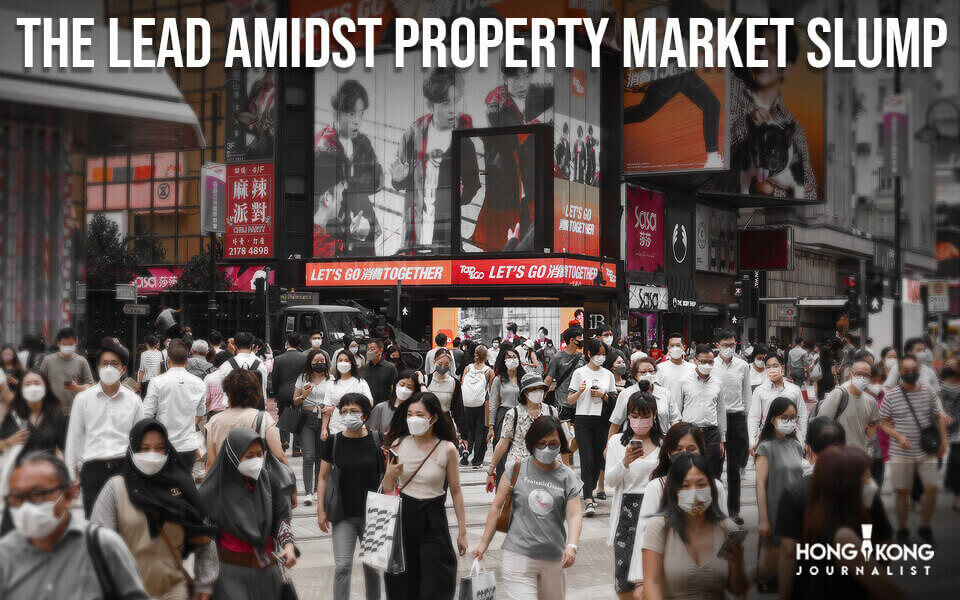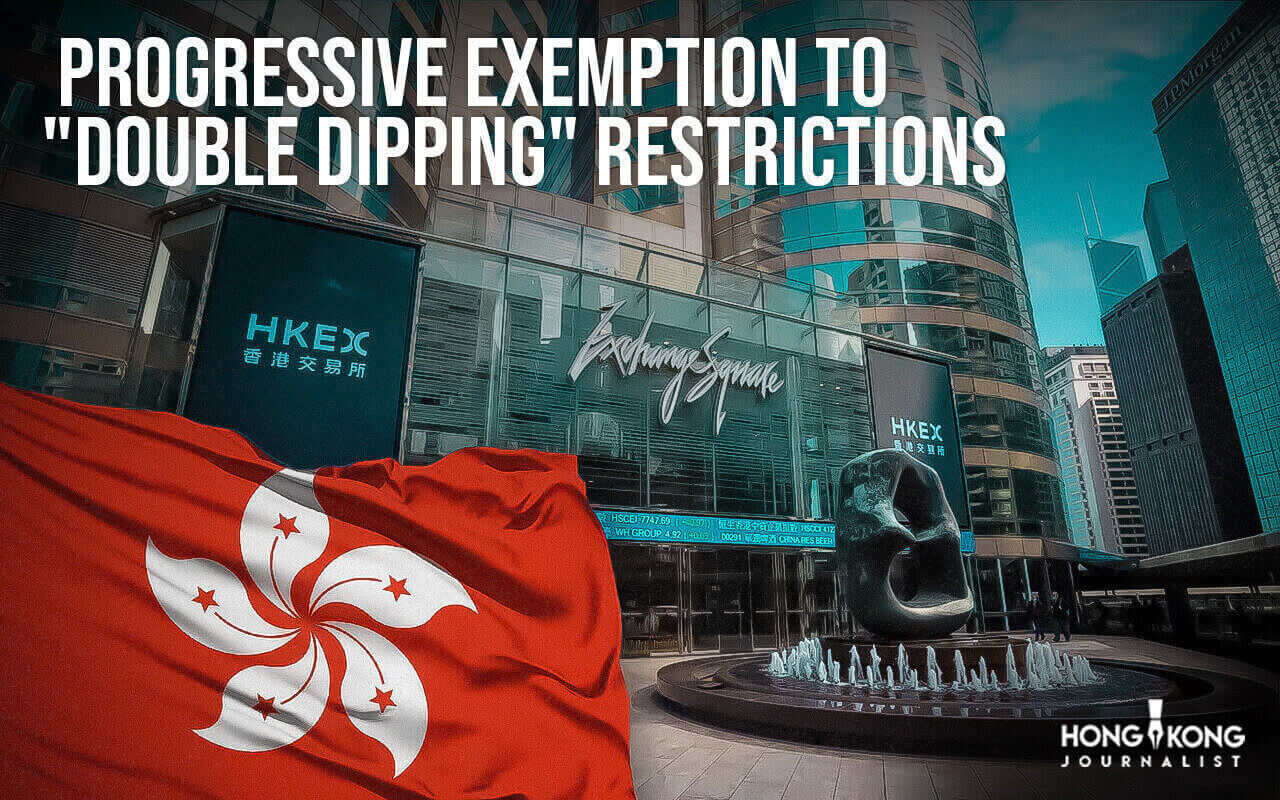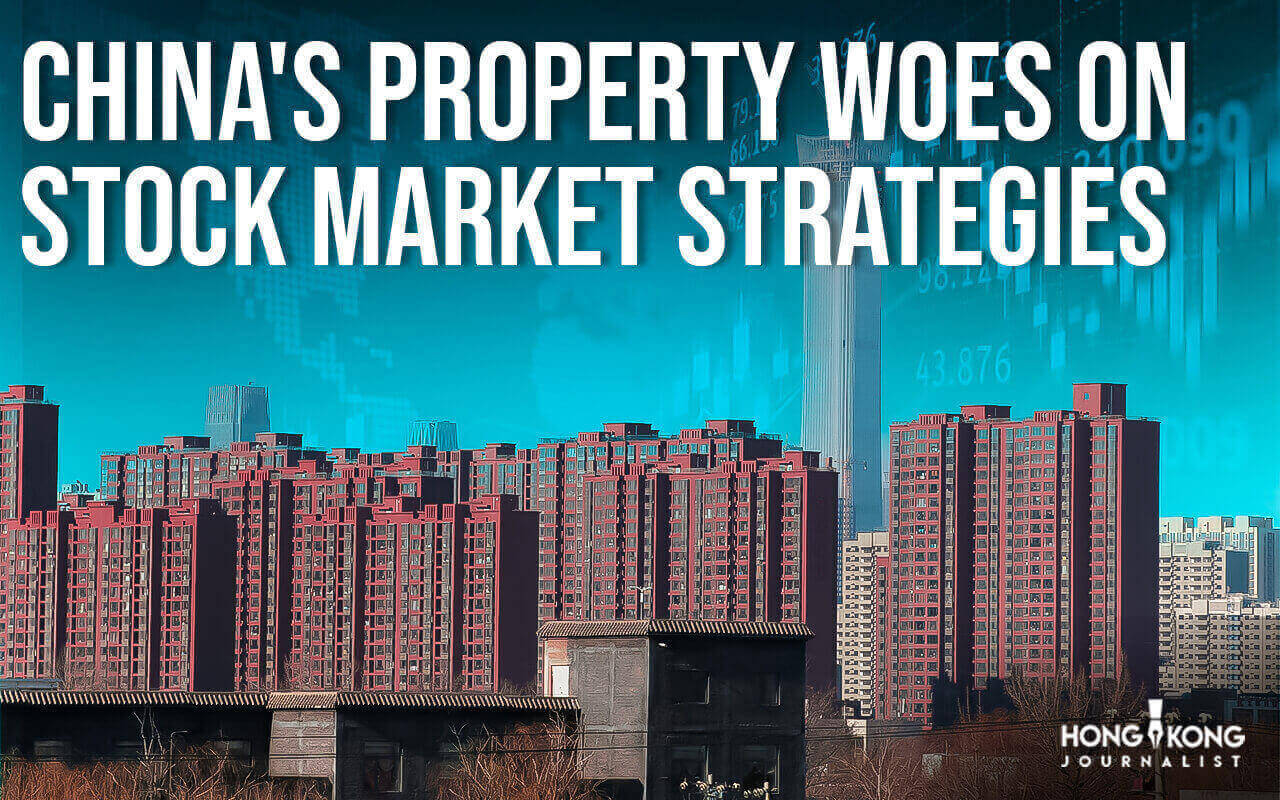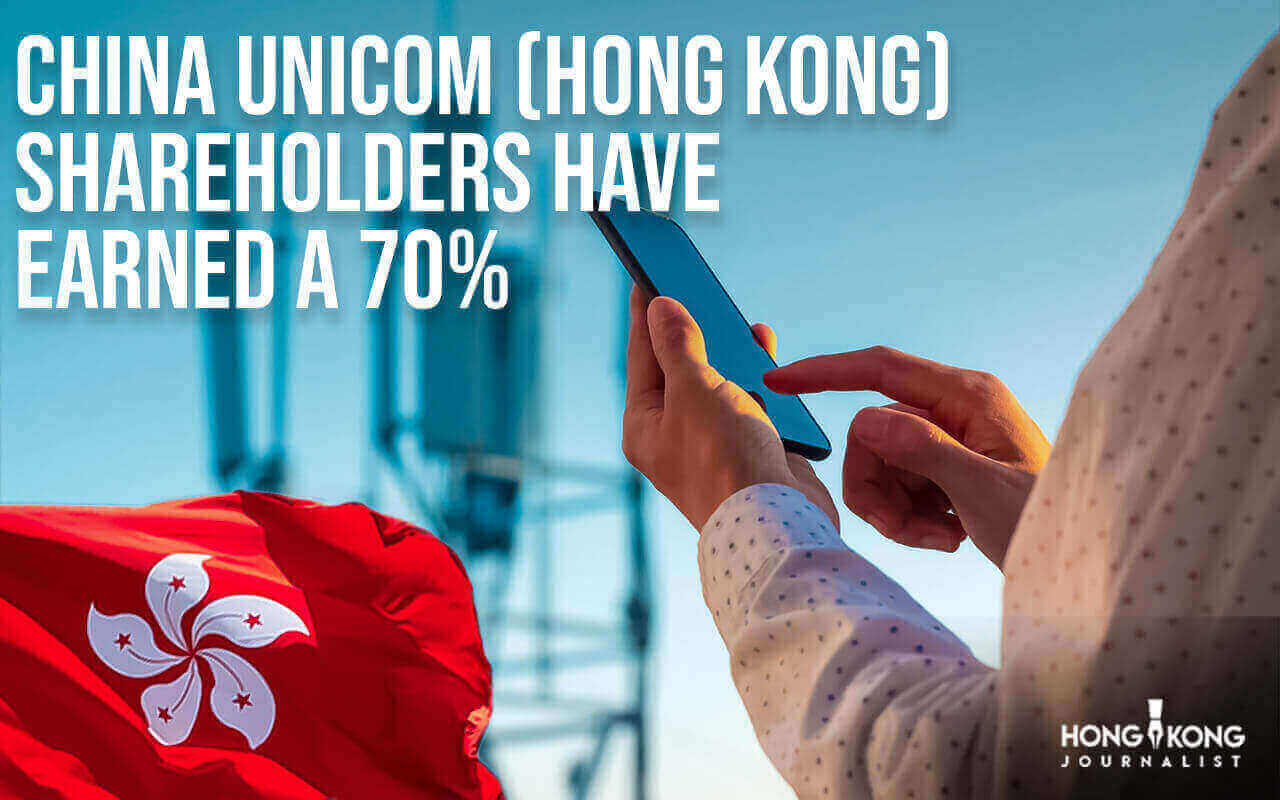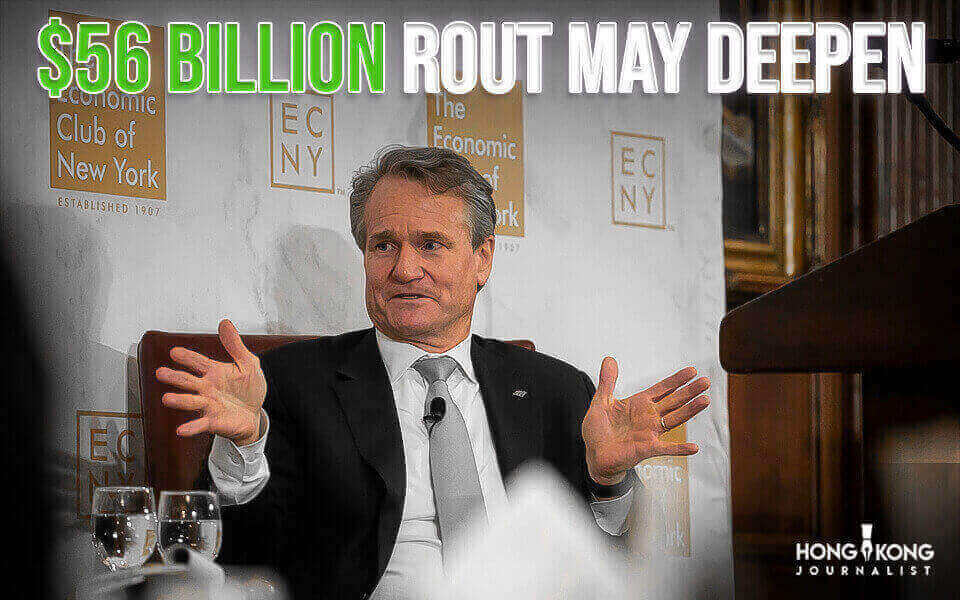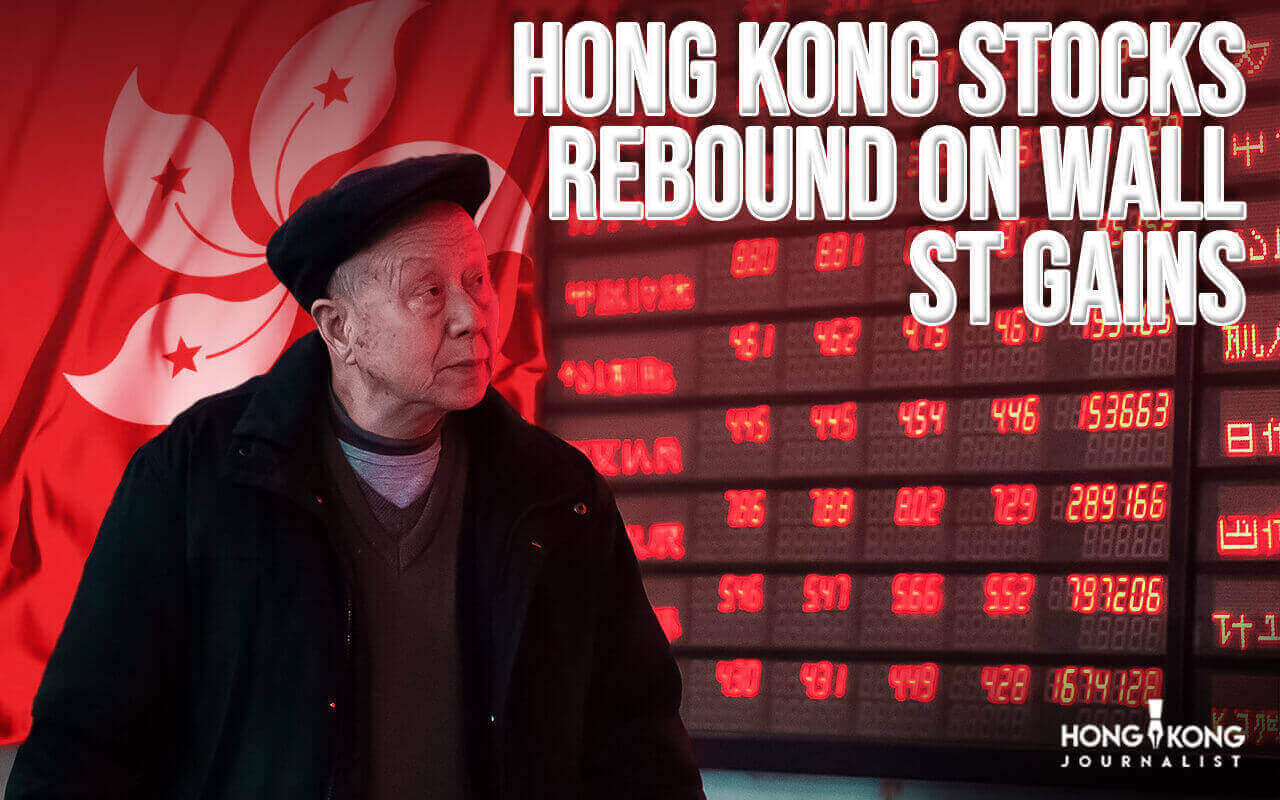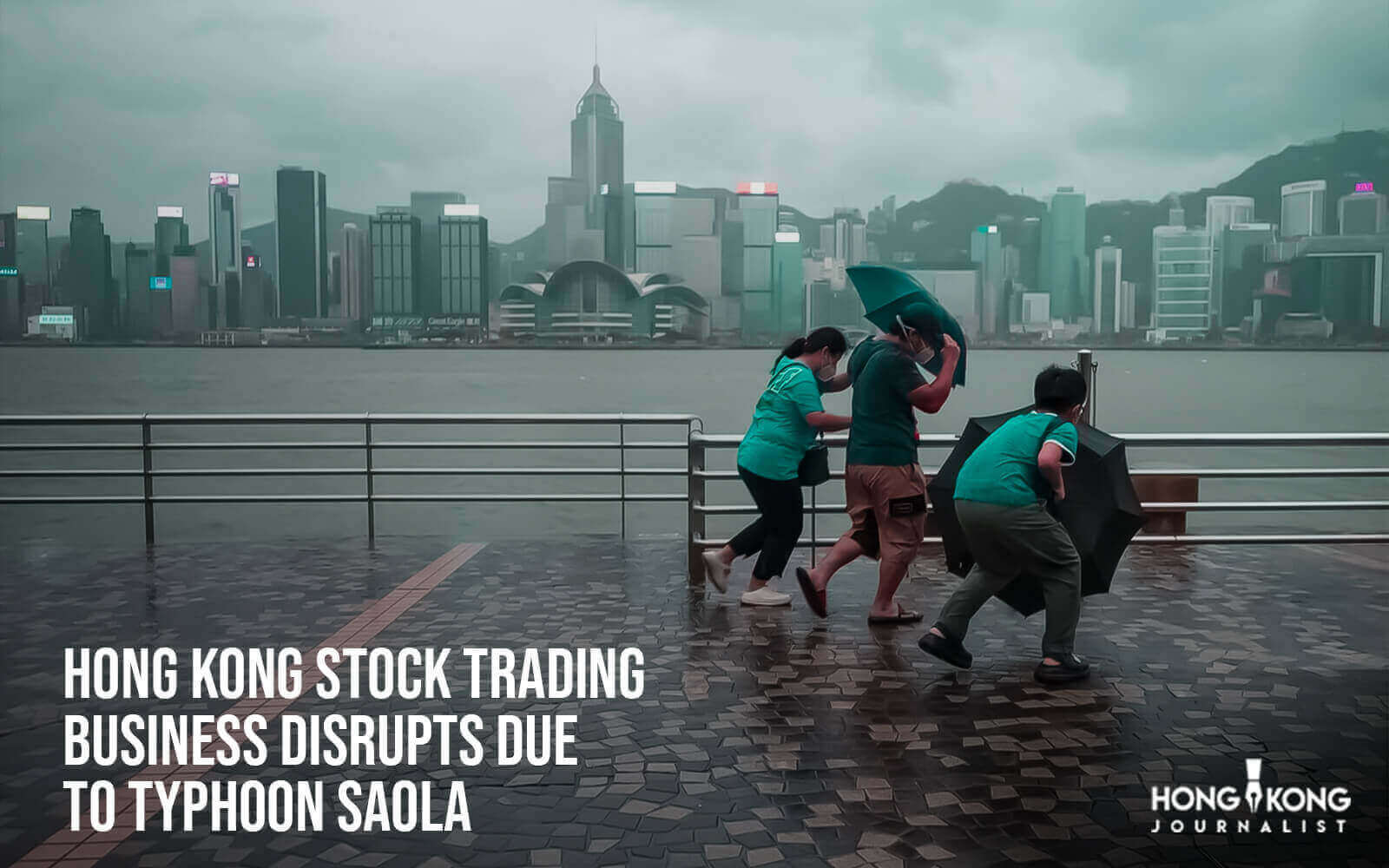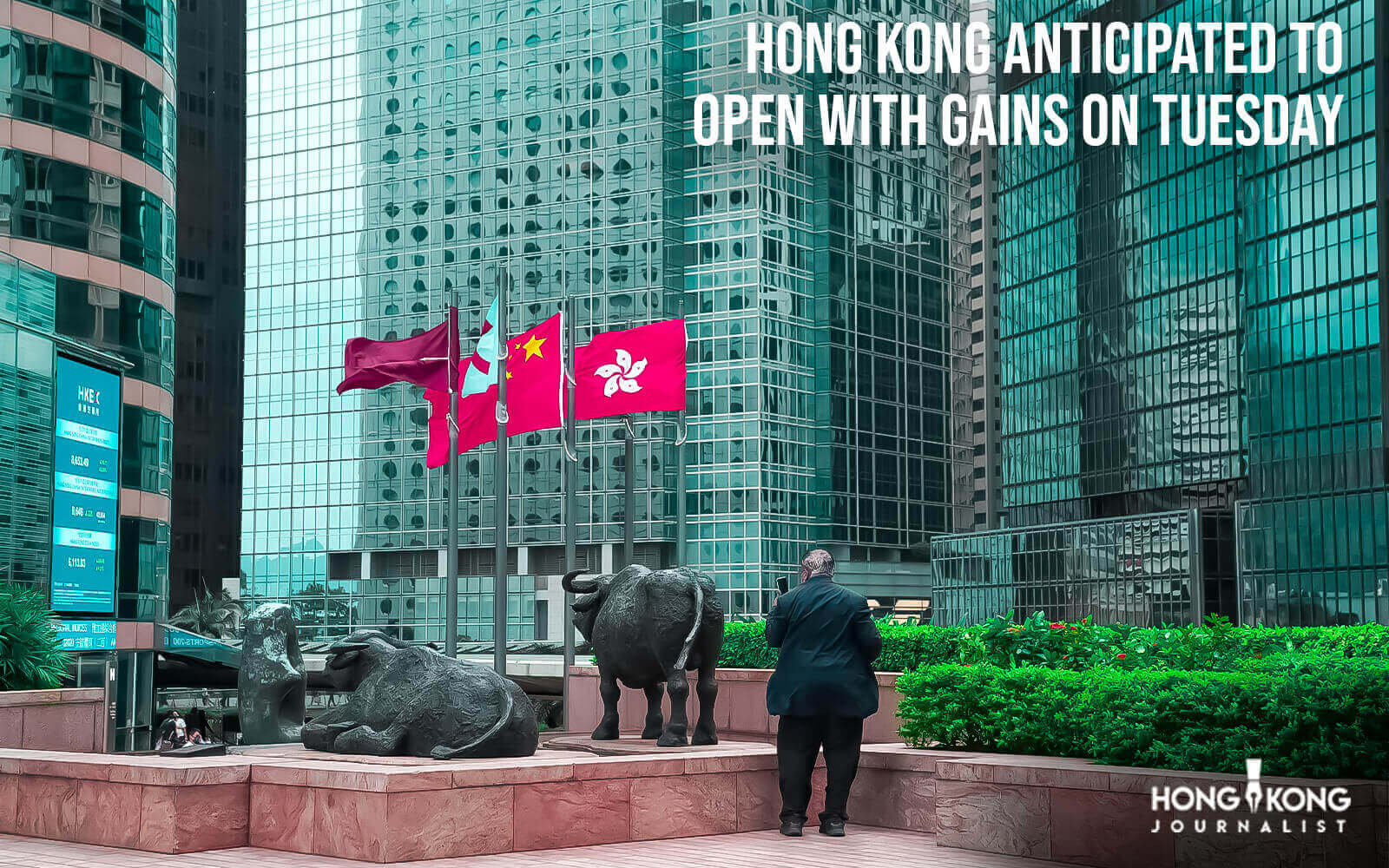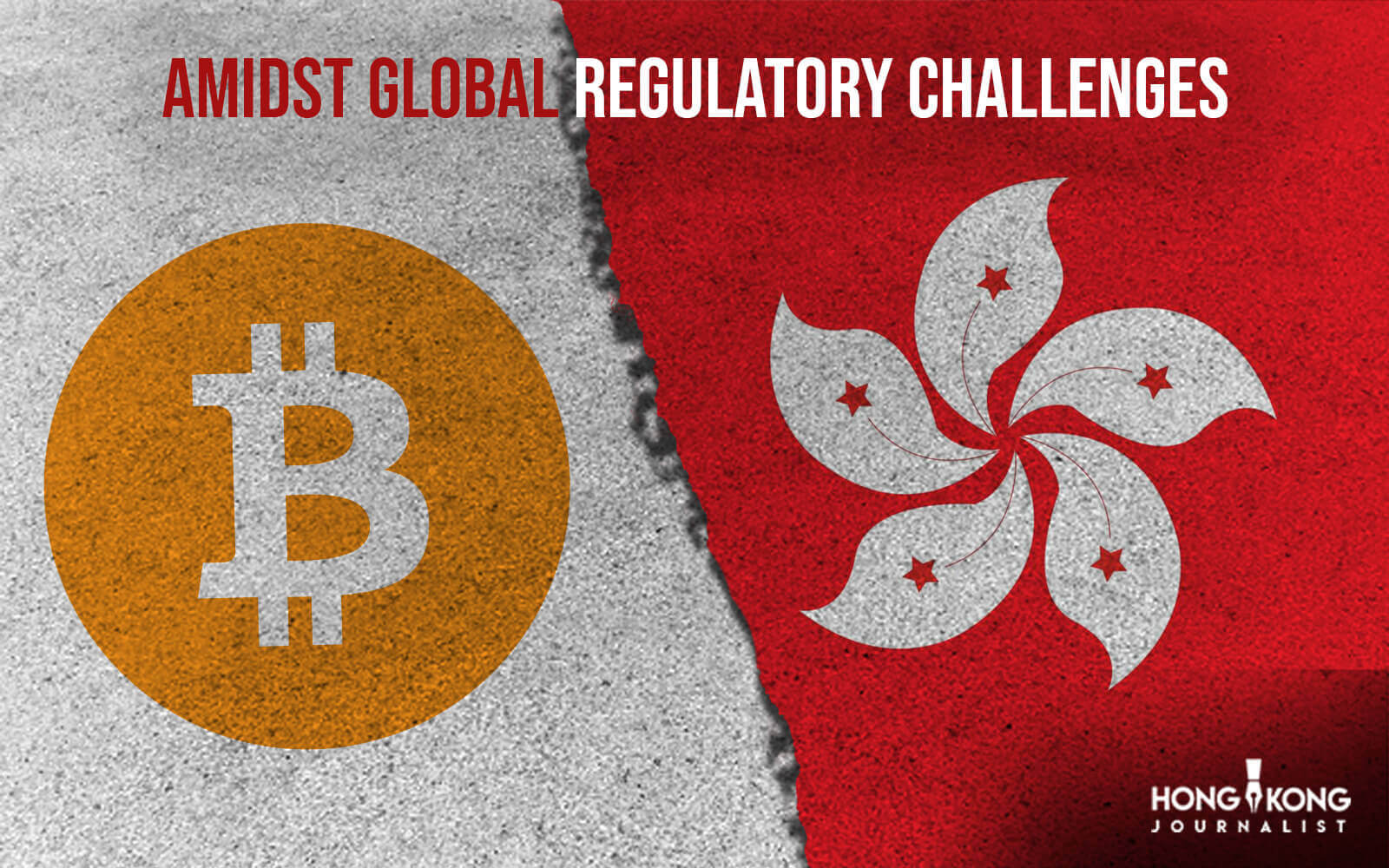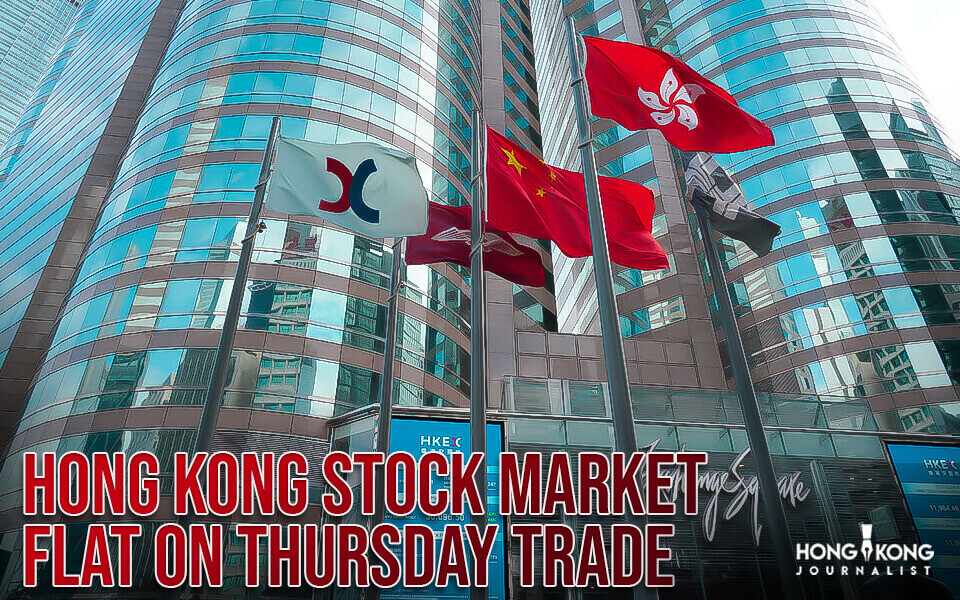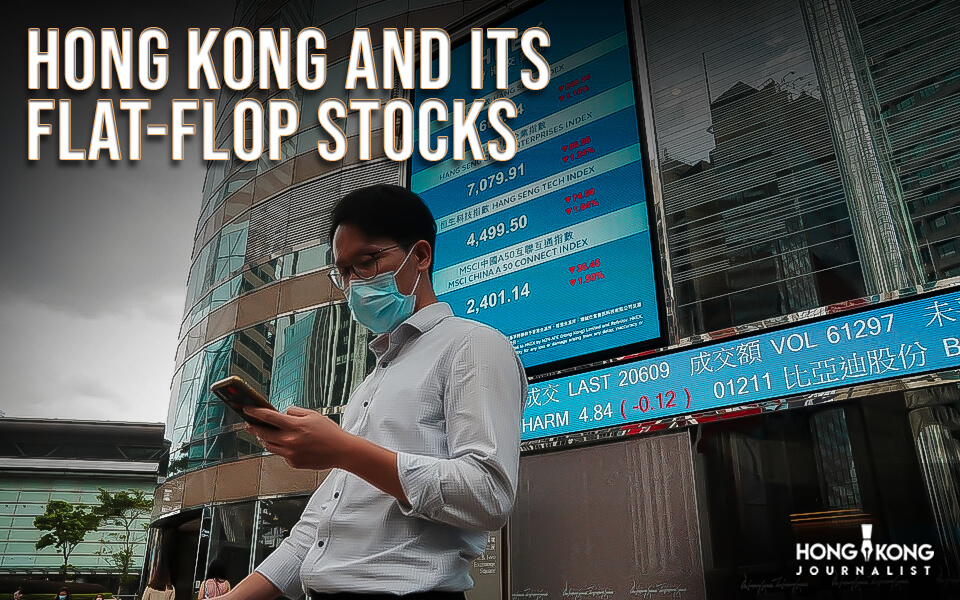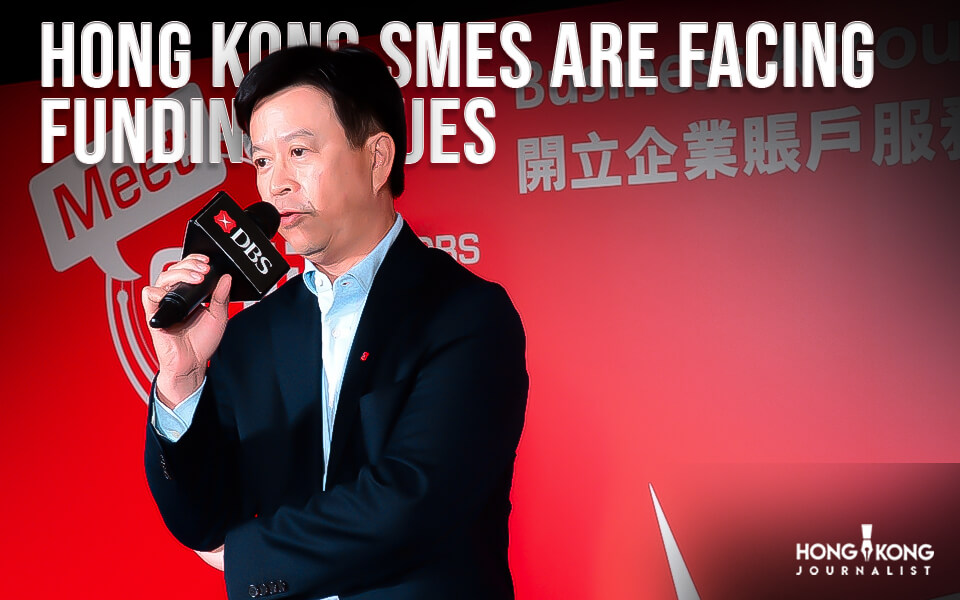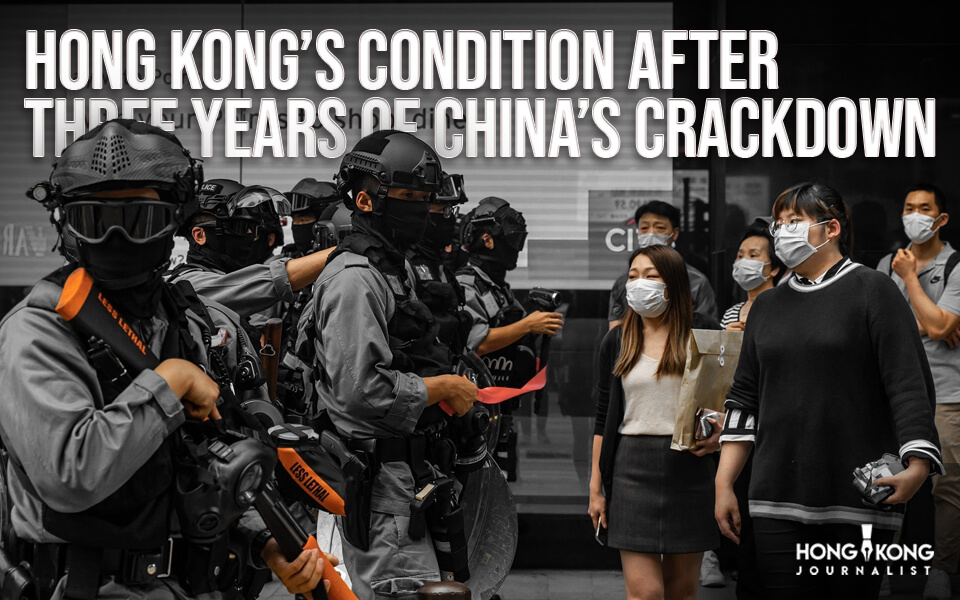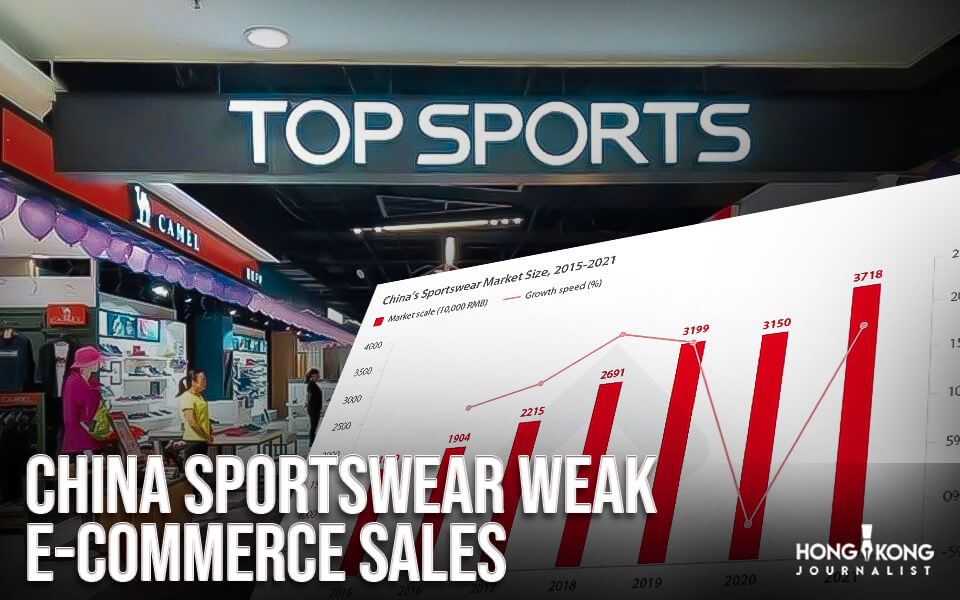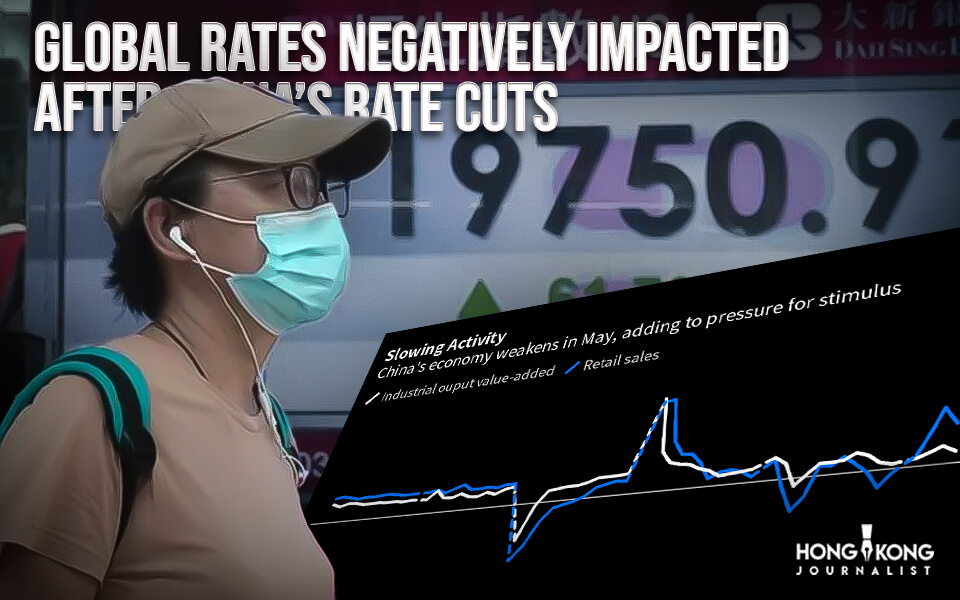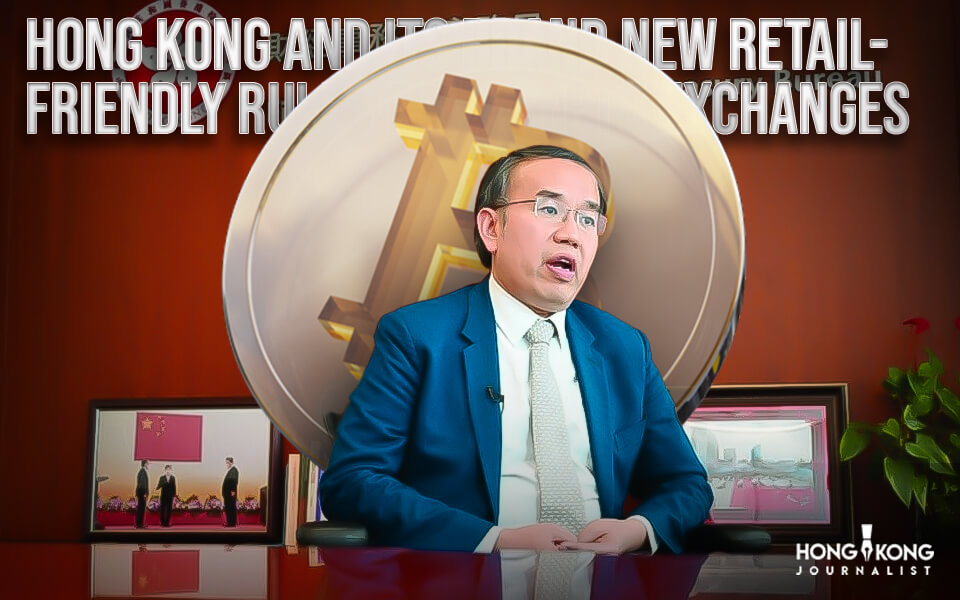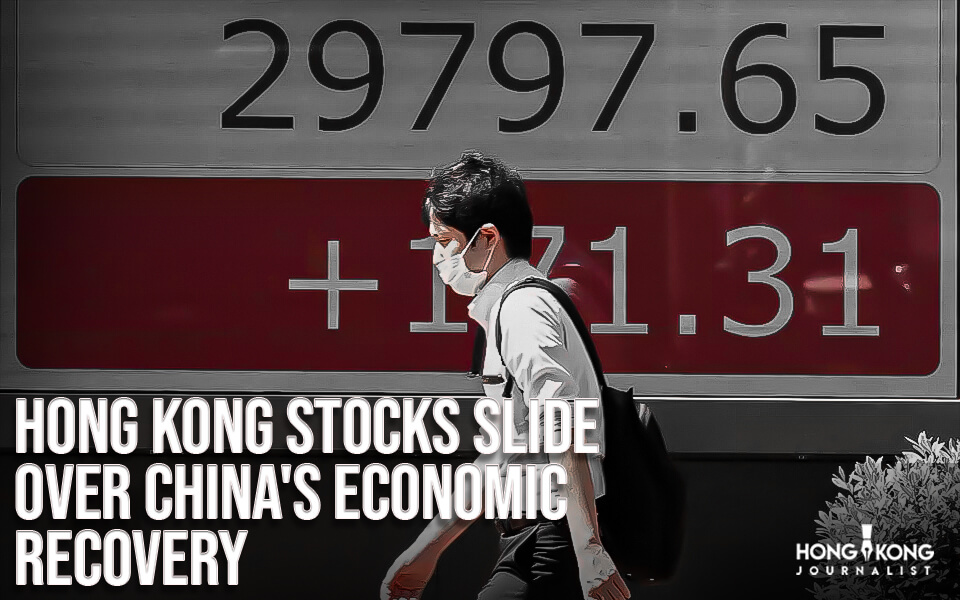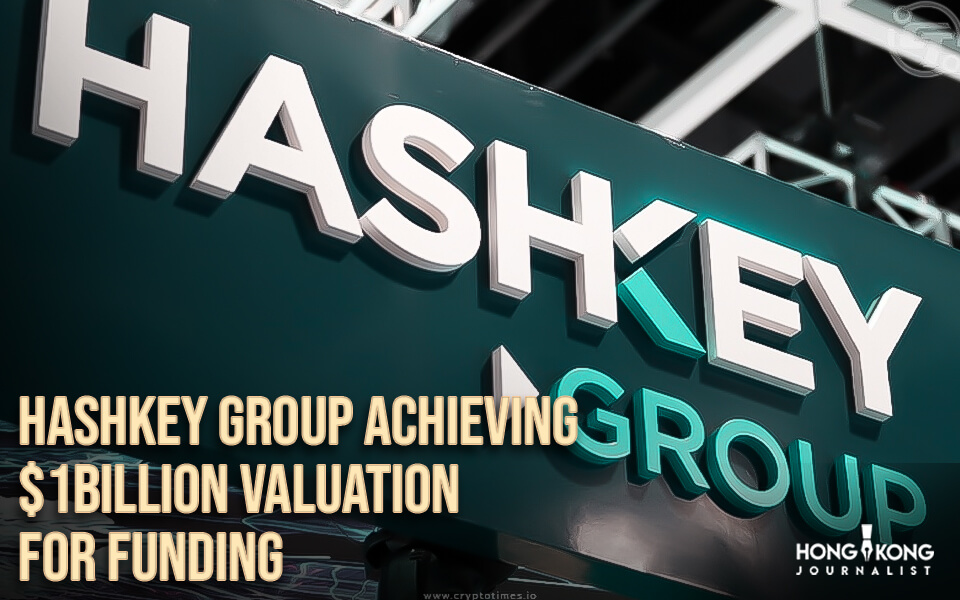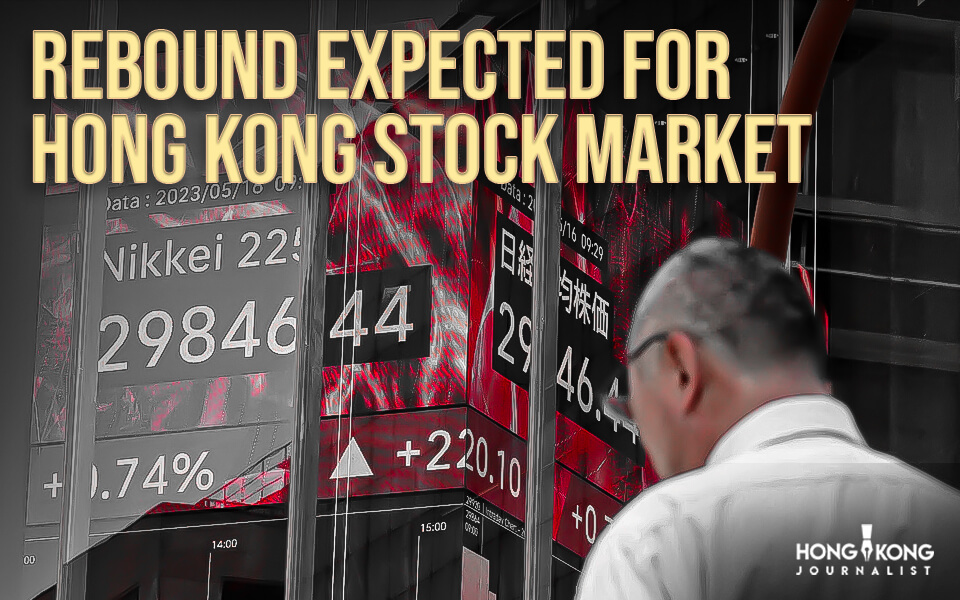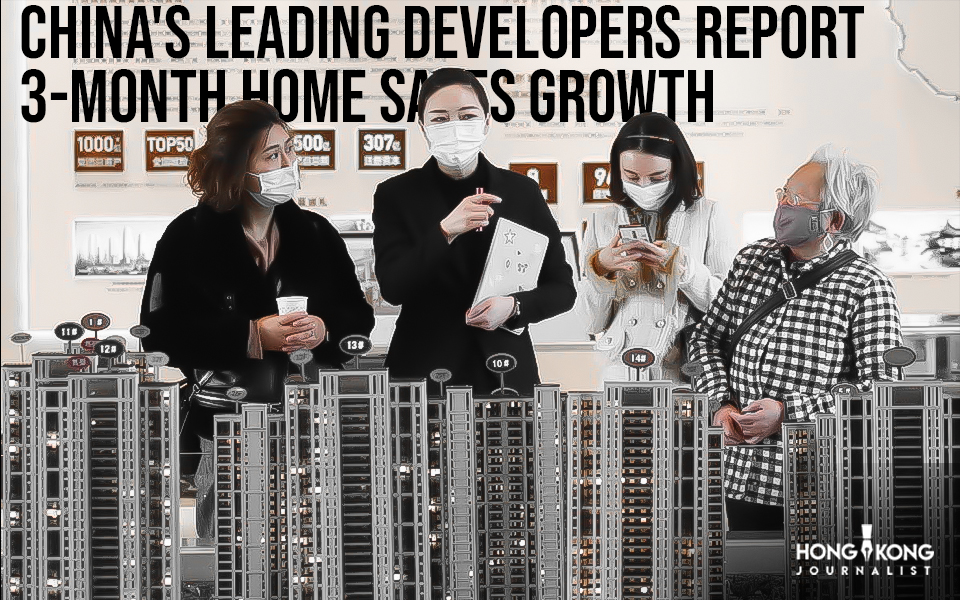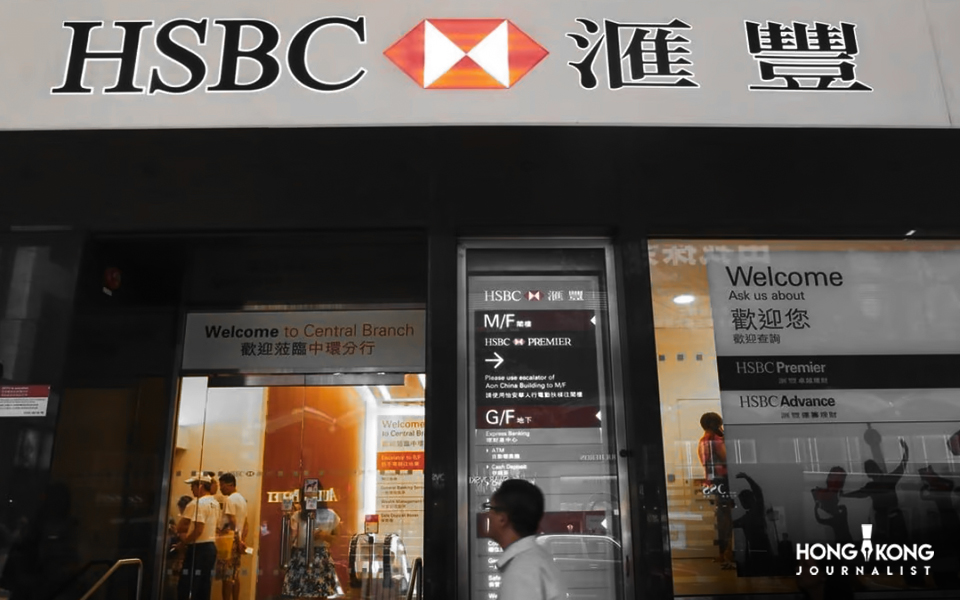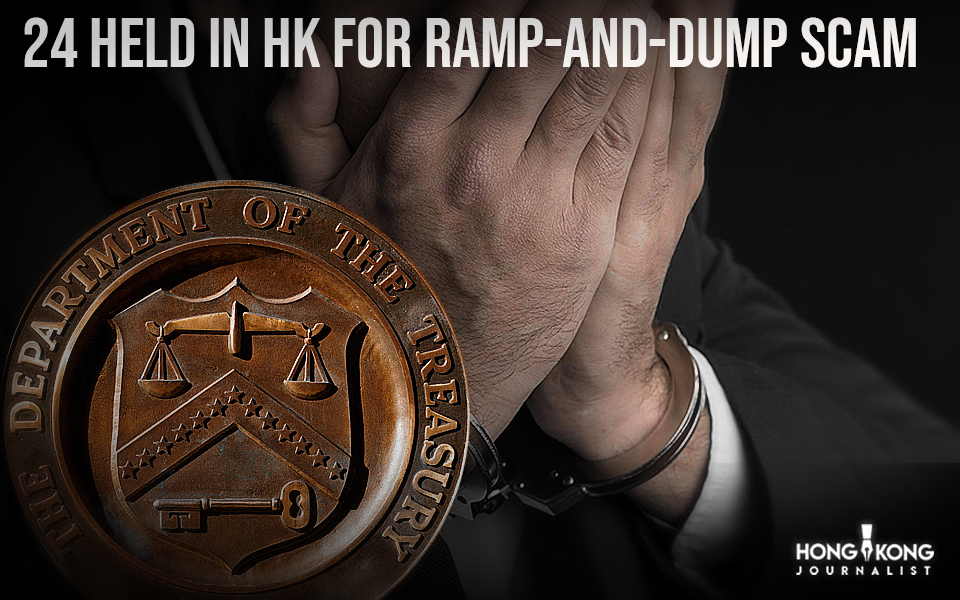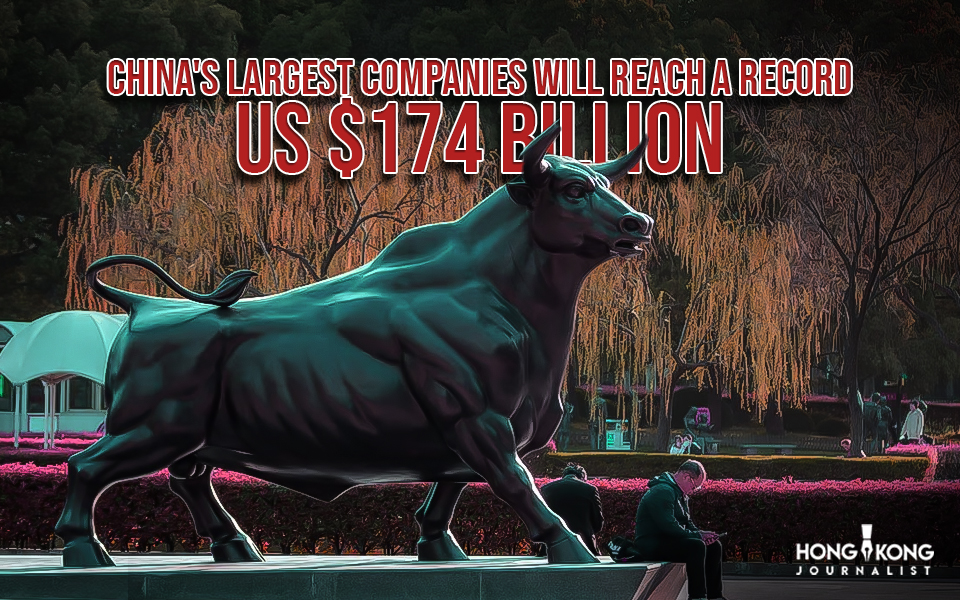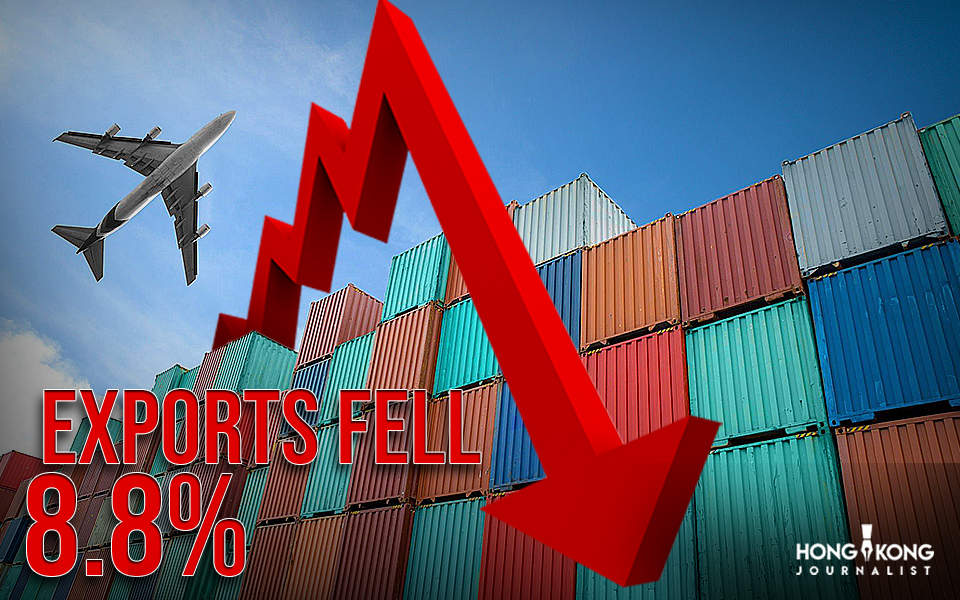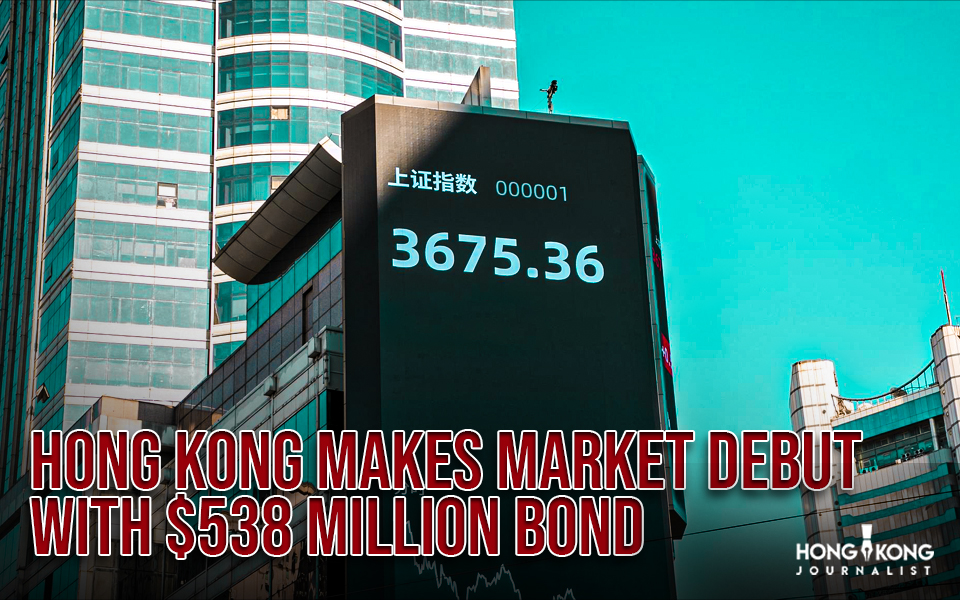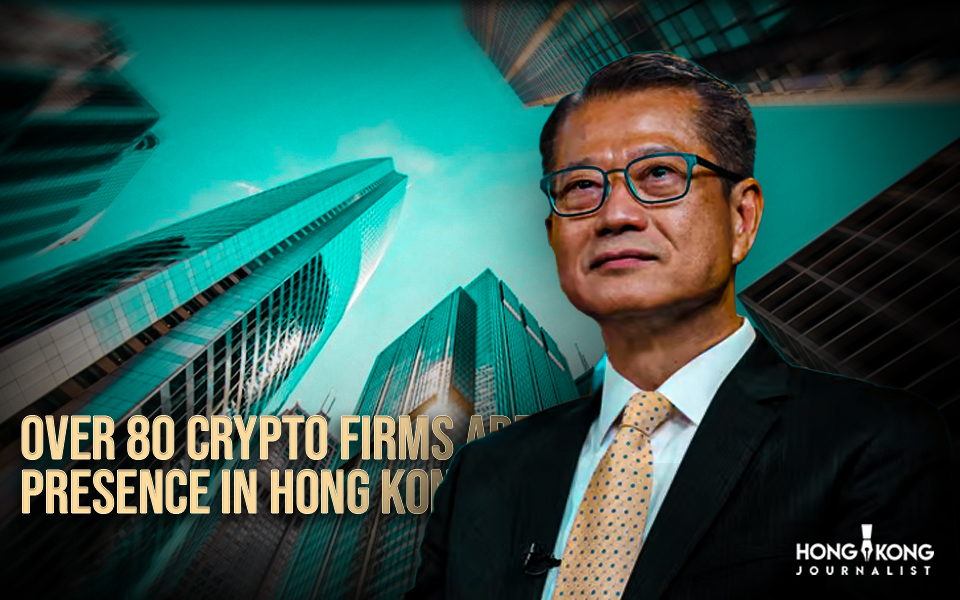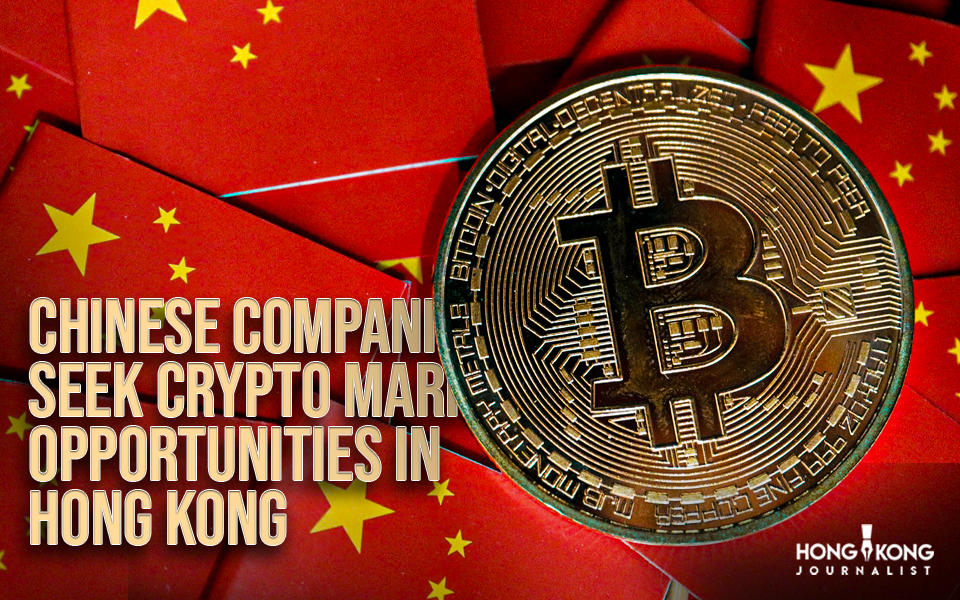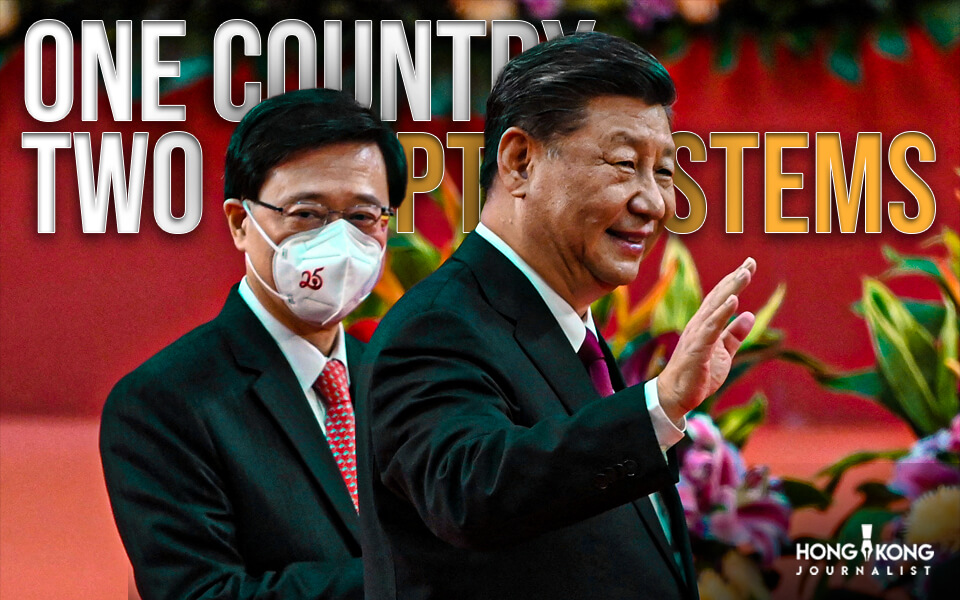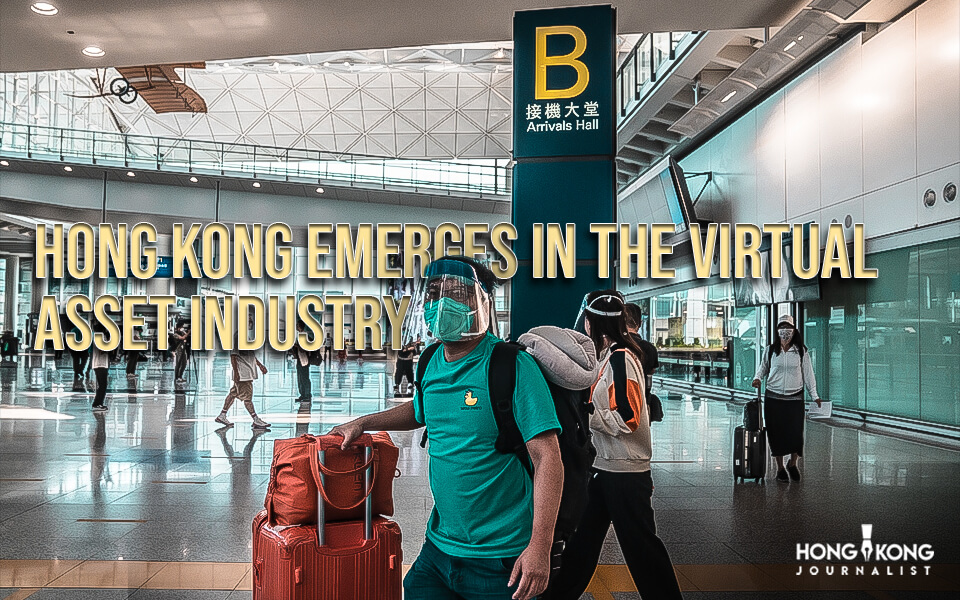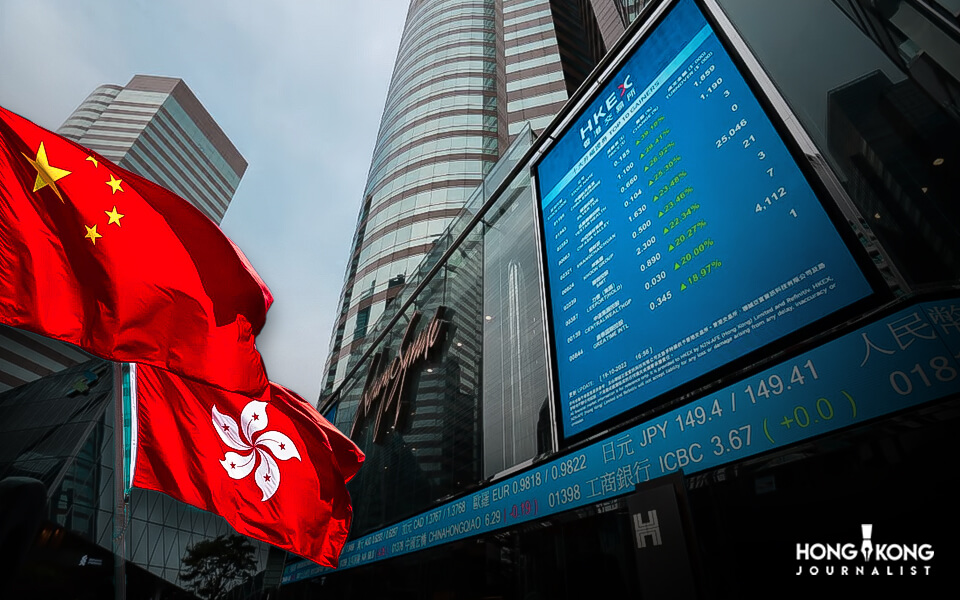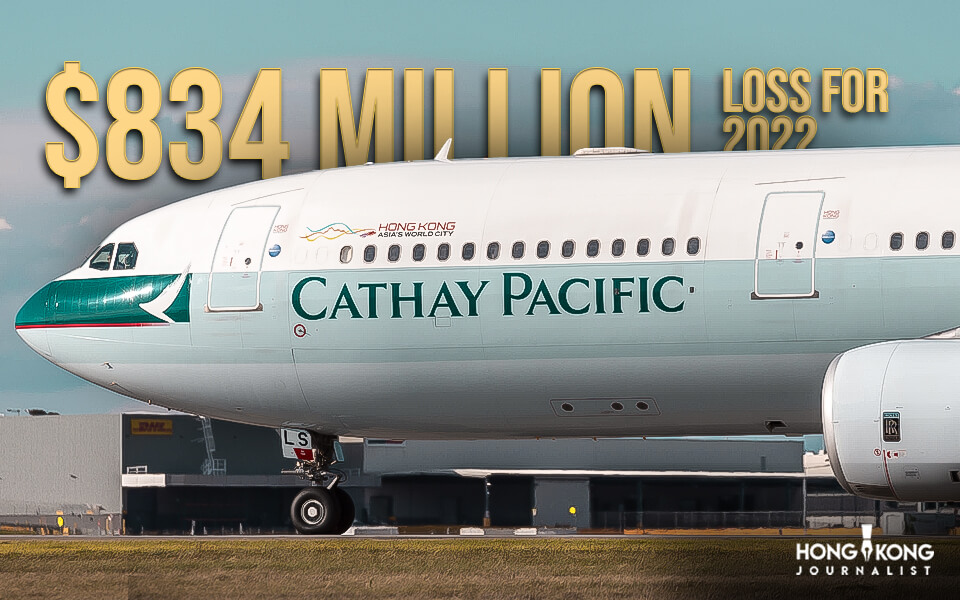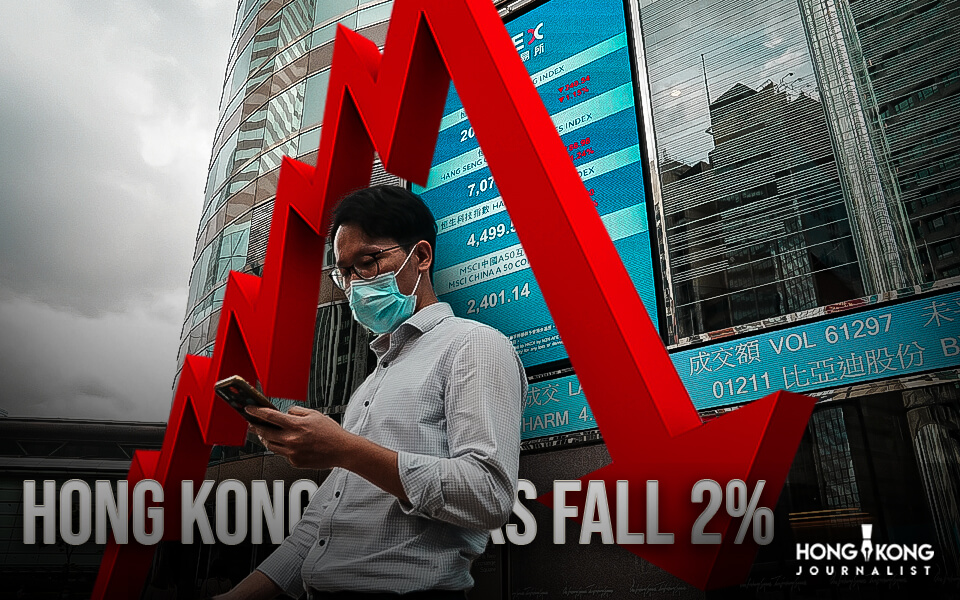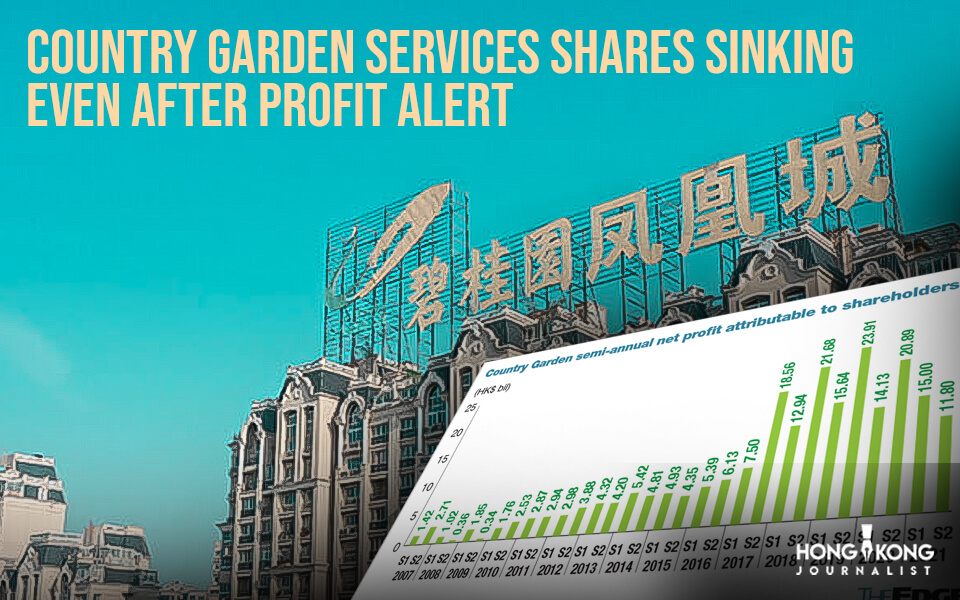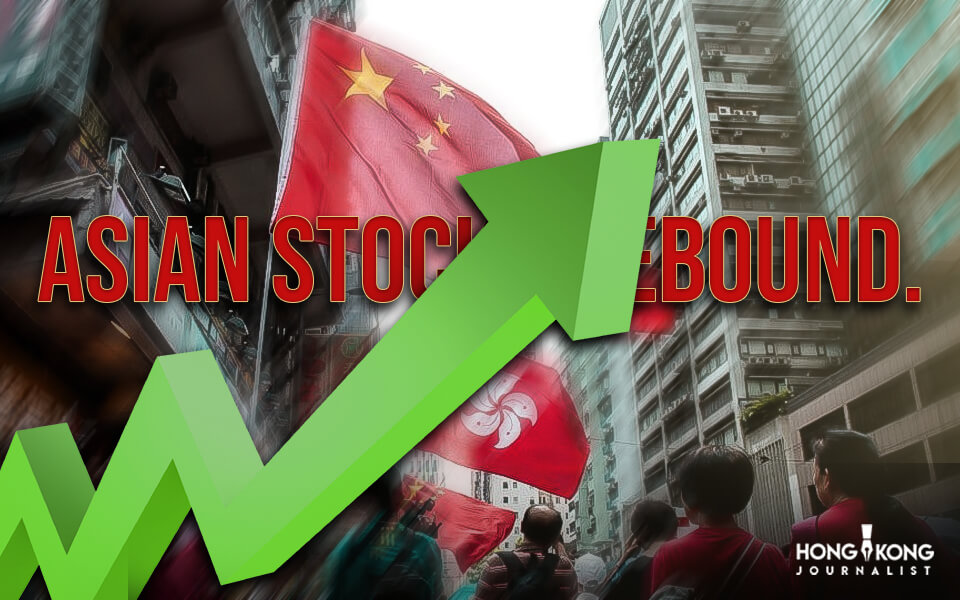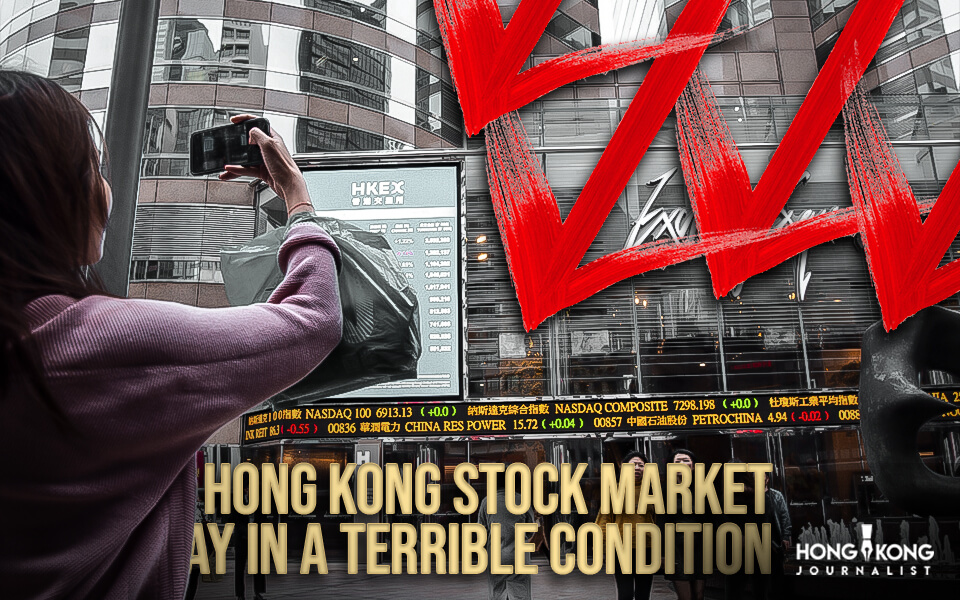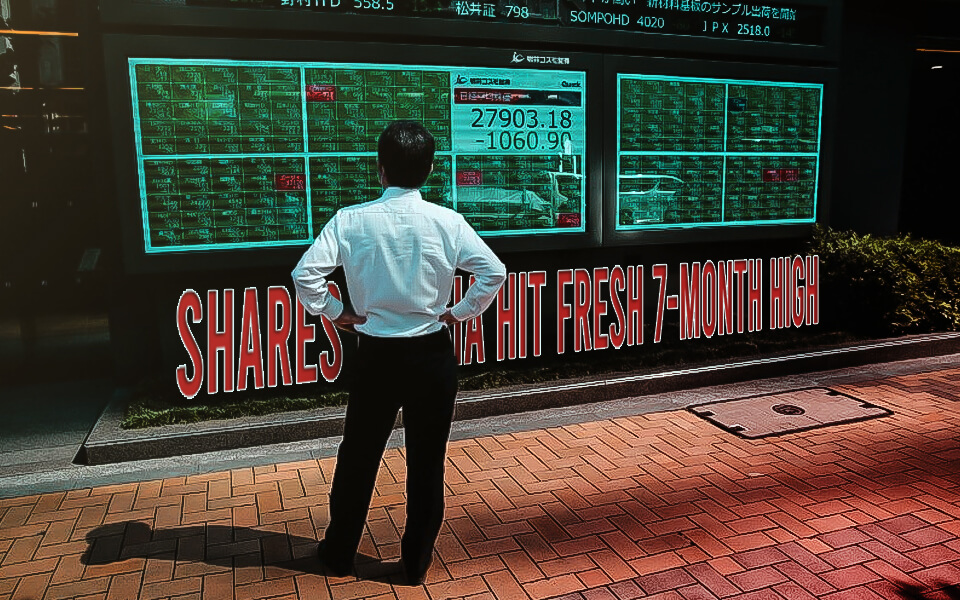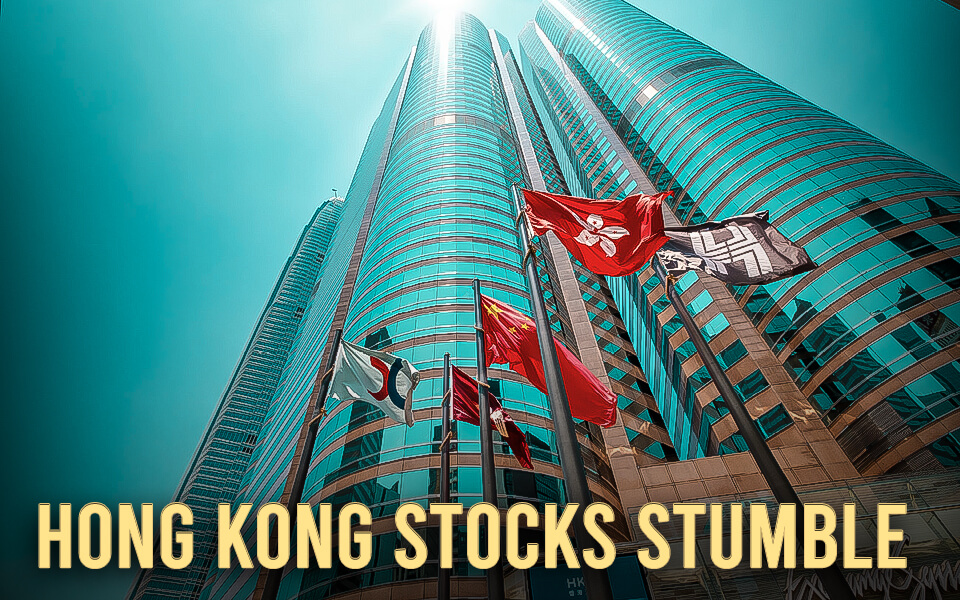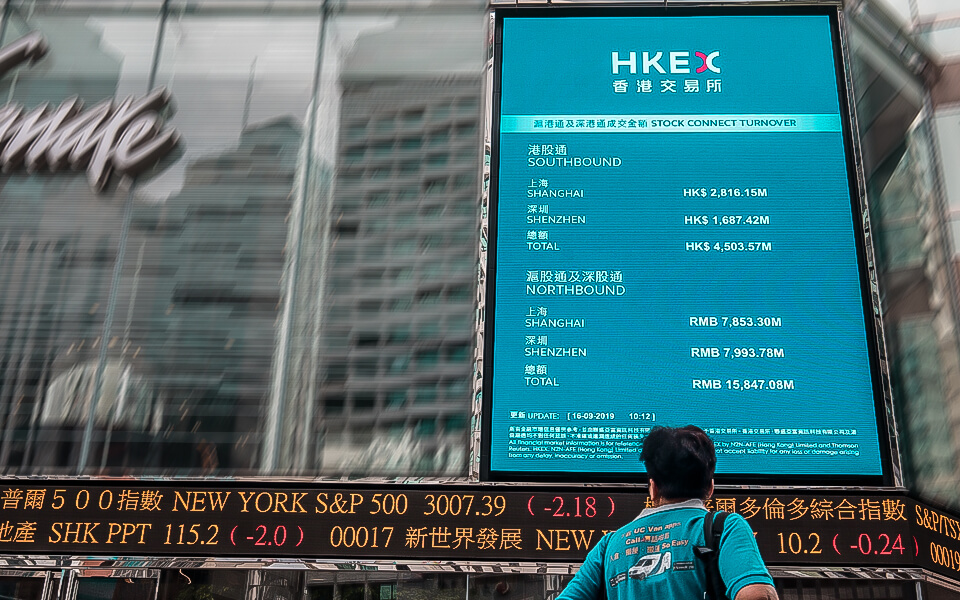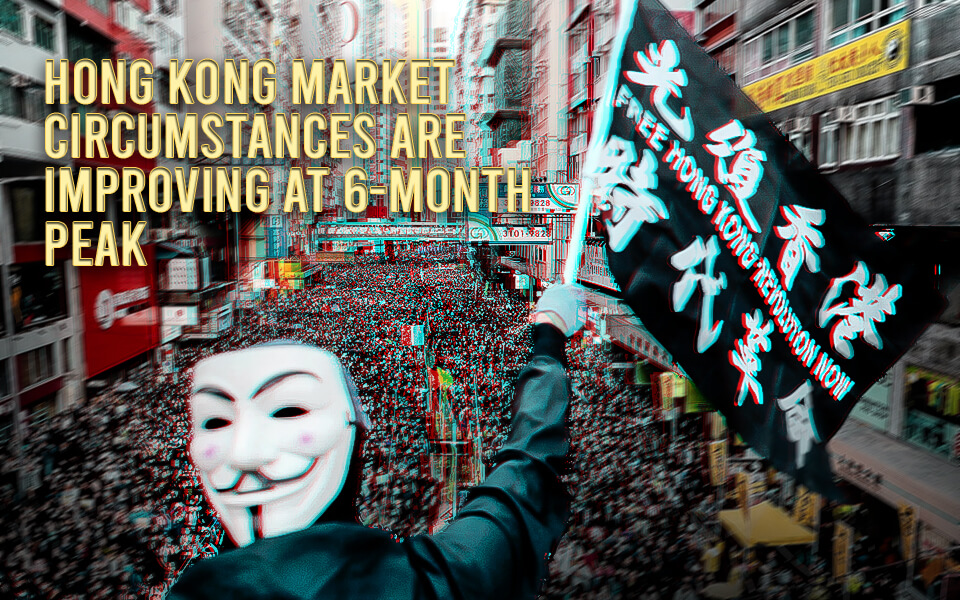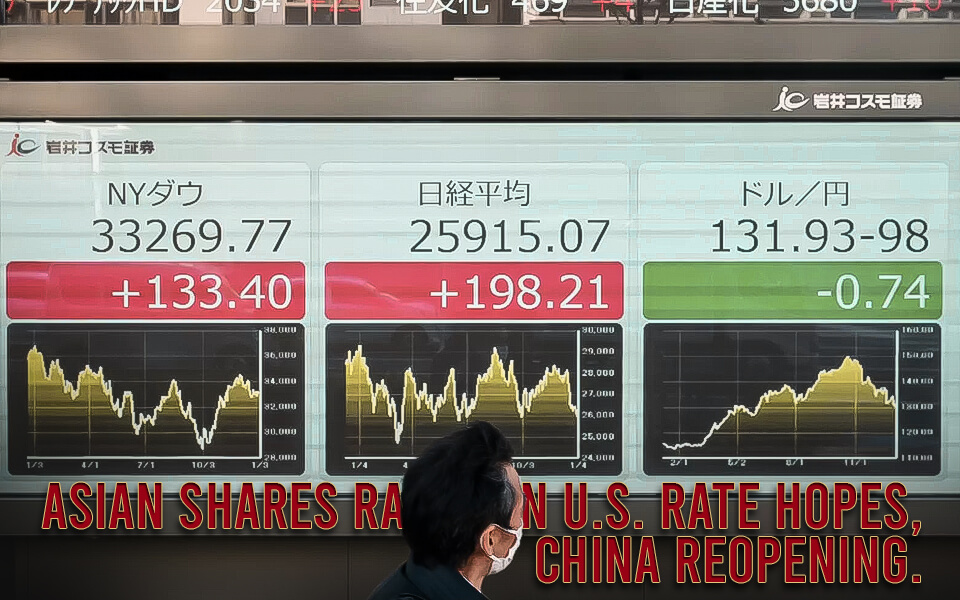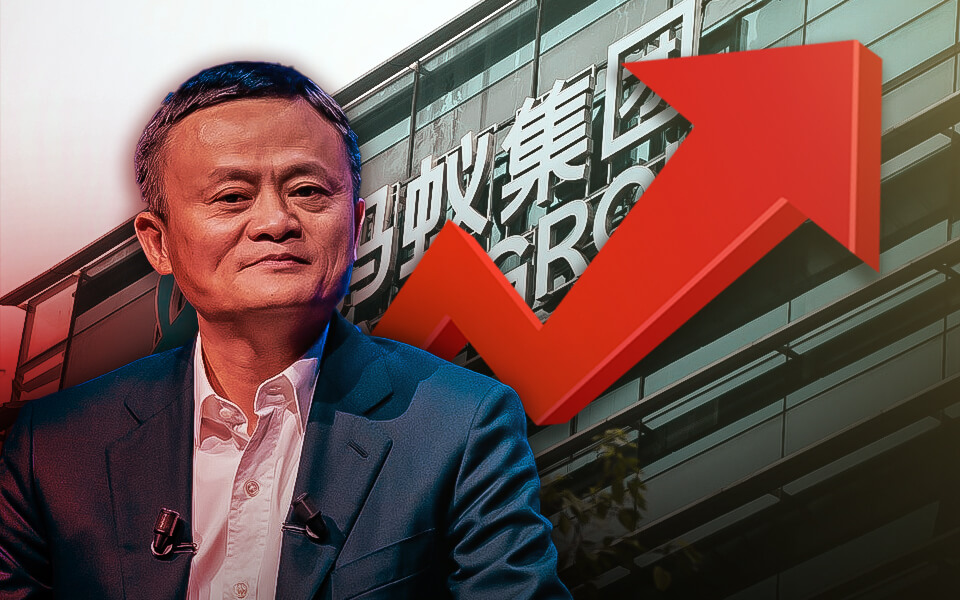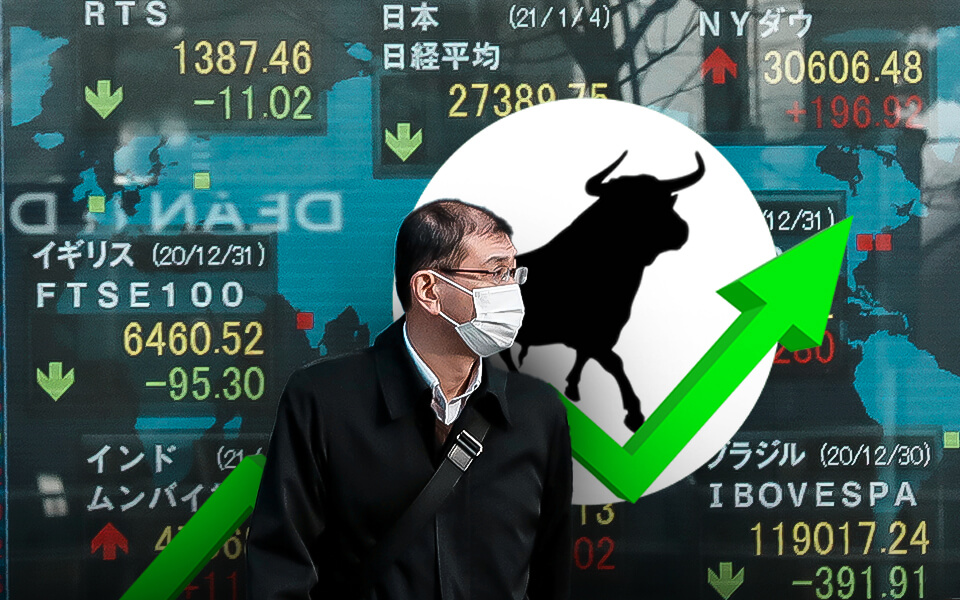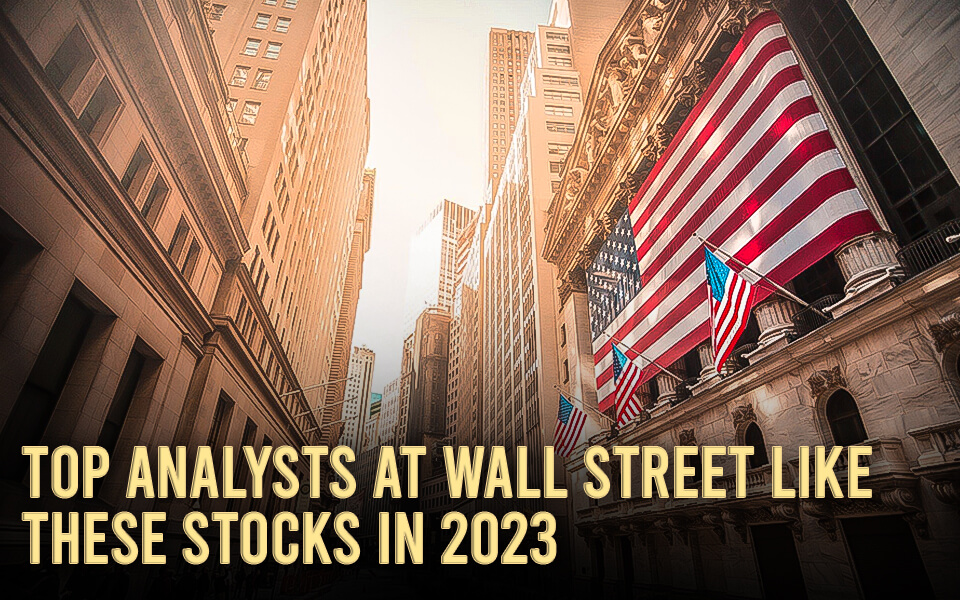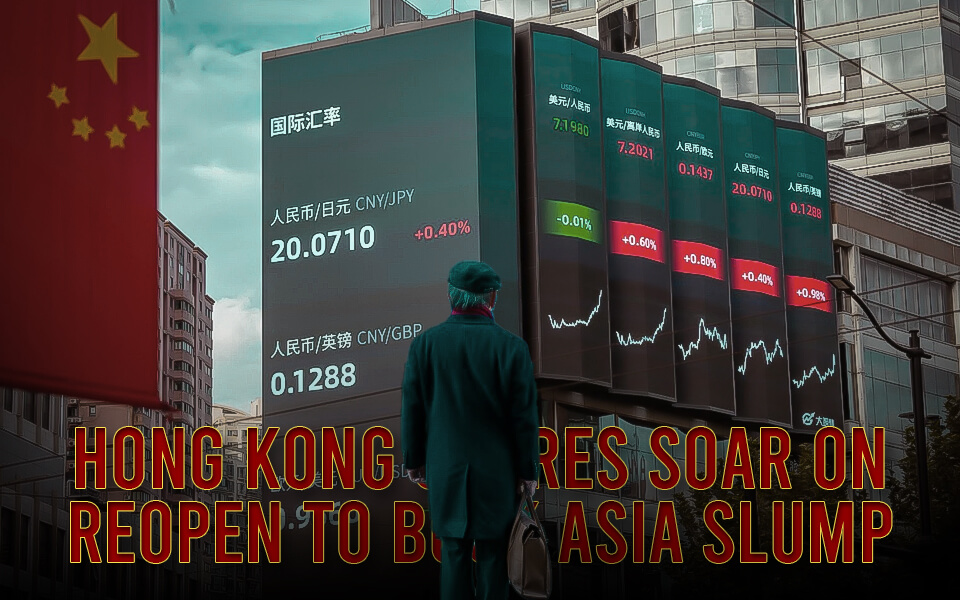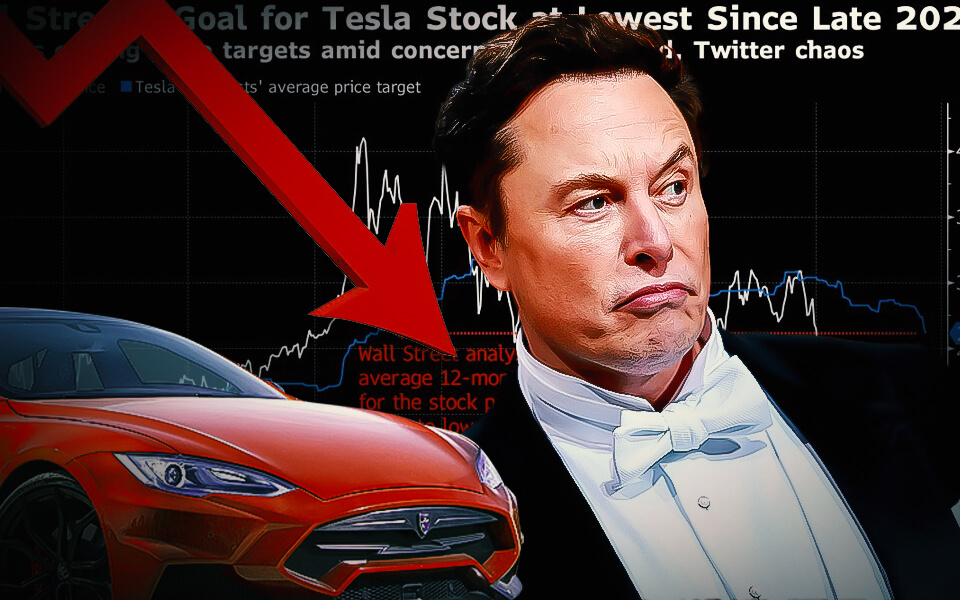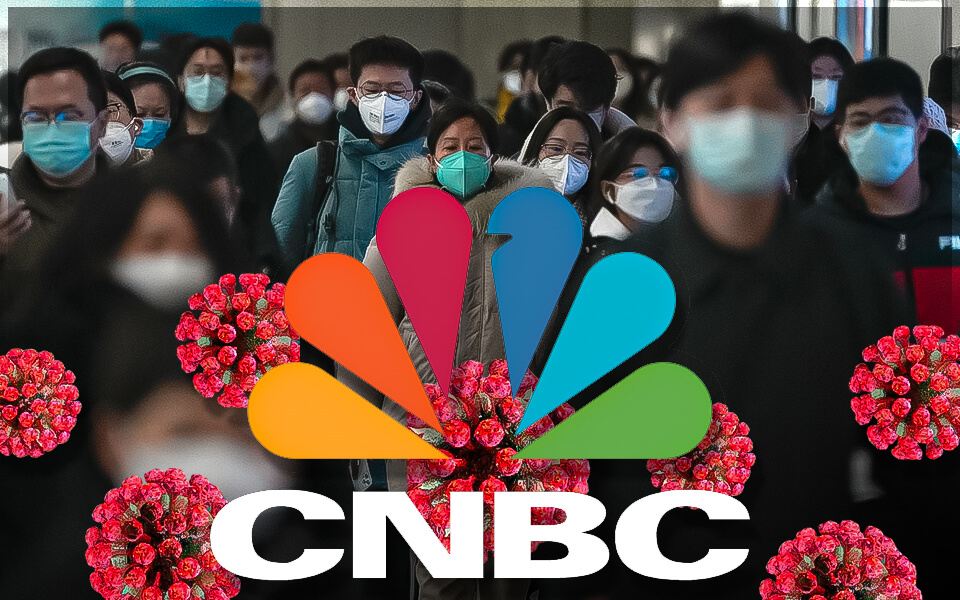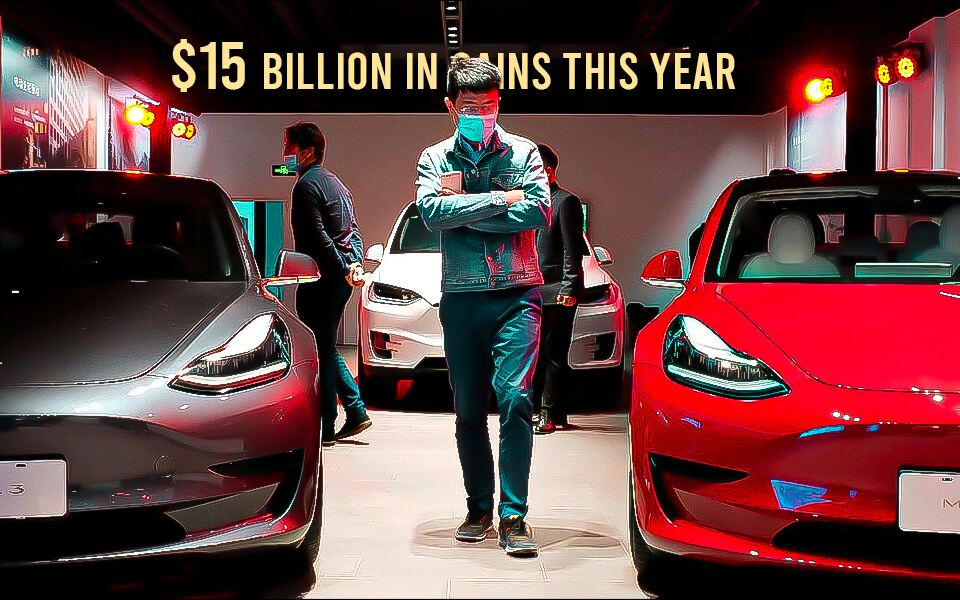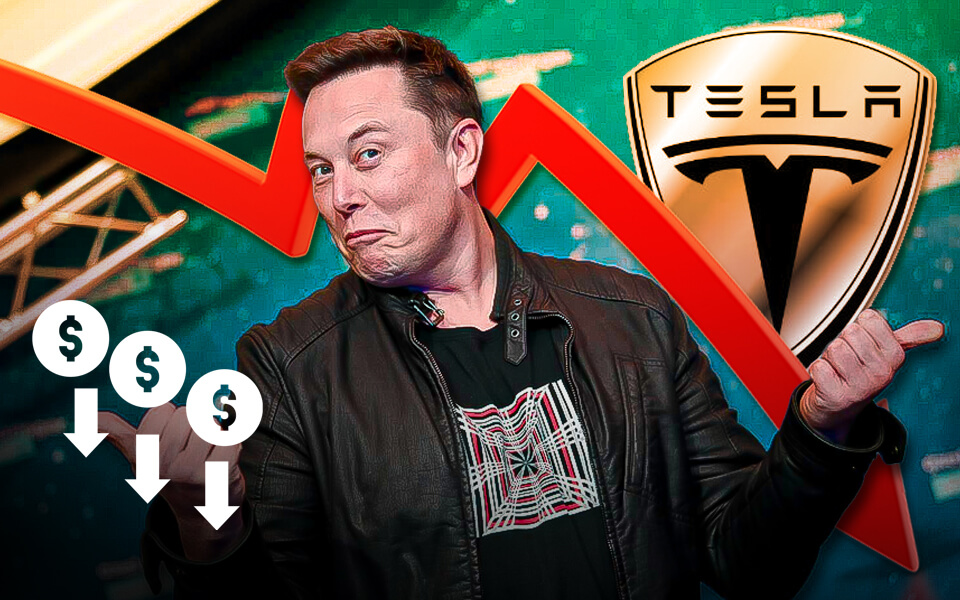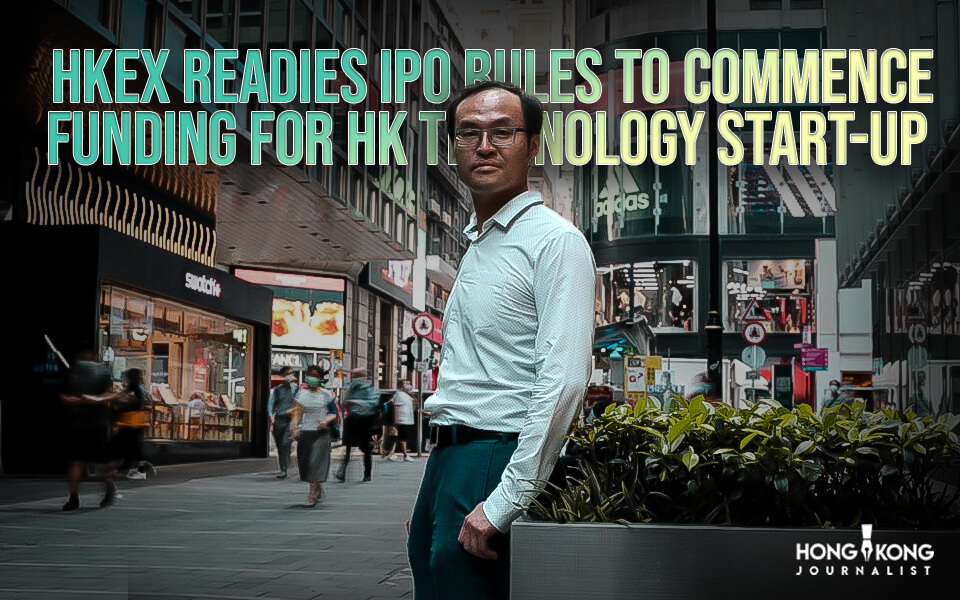
Arthur Chan Chi-Chuen received information on an October afternoon that would forever transform his seven-year-old business.
Chan’s domain expert from the science park accelerator team was at the Hong Kong Science and Technology Park working when he announced that the stock exchange in Hong Kong was looking for public input on a proposal, making it possible for promising start-ups to raise capital through a new listing regime, even if they have not yet generated any revenue.
Chan, a 44-year-old computer engineer and co-founder of SagaDigits Group with another HKU Science & Technology alum, felt the news to be a boon.
“The new listing regime offers a third option for us” that could accelerate the artificial intelligence and location tracking start-up’s access to capital by two years, Chan said in an interview with South China Morning Post. “It will be faster and easier for us to raise funds, as long as we can achieve the valuation needed, even if we fail to reach the income or profit targets. This is really very good news for us”.
One of the proposed regulations in the new Chapter 18C of the regulations will permit pre-revenue Big Tech companies that have a valuation of at least HK$15 billion (US$1.9 billion) to raise capital, according to the proposals made public in October by Hong Kong Exchanges and Clearing (HKEX), which runs the bourse. The required value will only be HK$8 billion for businesses with at least HK$250 million in revenue in the fiscal year preceding the listing.
Several startups have previously struggled to list in Hong Kong due to one of the market’s strictest listing standards, which states that they must have at least HK$80 million (US$10.19 million), the highest worldwide total earnings from the three years prior to the listing. Unprofitable applicants must have an estimated value of at least HK$4 billion and HK$500 million in yearly revenue to be eligible.
From there, it gets better. The exchange will take into account five different categories of Big Tech corporations, or specialized technology companies, that meet the new standards. Companies in high-tech industries like cloud computing and artificial intelligence are among them, as are those in the advanced hardware industry, which includes electric and autonomous car manufacturers, semiconductor manufacturers, and metaverse developers. The others include businesses in new energy, new food and agriculture technology, and new materials.
“Hong Kong is home to the world’s most vibrant and diverse new-economy ecosystem, and we are always looking for ways to attract the most innovative companies to our markets to raise funds,” said Nicolas Aguzin, CEO of HKEX in a statement to the Post. “The proposed new listing rules for specialist technology companies offer an exciting new route to market for some of the companies of tomorrow, and we look forward to sharing the results of our consultation in due course.”
According to two sources who spoke to the Post on the condition of anonymity, the exchange has agreed to lower the criteria to between HK$10 billion and HK$12 billion for pre-revenue enterprises and to between HK$4 billion and HK$6 billion for firms generating income. Before the end of this month, a final choice must be made after discussion with the Securities and Futures Commission.
“The reduction of the threshold makes sense as it will allow more companies to qualify to apply to list under the new regime,” said Kenneth Ho Shiu-pong, head of equity capital markets at Haitong International.
Several start-up clients of Haitong, according to Ho, intend to submit an application for listing under the new rules.
According to John Lee Chen-Kwok, UBS’s vice chair and head of Greater China global banking located in Hong Kong, a number of issuers have been in talks about listing under the new regime. UBS was the largest listing sponsor in Hong Kong last year.
“Although the listing requirements for these technology companies are even lower in the US and the mainland, many companies will want to list in Hong Kong given the depth of the investor base and market liquidity,” Lee said.
“As international investors widely trade in the Hong Kong stock market, listing in Hong Kong can tap [global funding] and promote the brands of the start-ups to the world,” Lee said. “They would not enjoy such benefits with a listing in Shanghai or Shenzhen, as the mainland markets are primarily domestic investors.”
After languishing in 10th place over the summer, Hong Kong, which has been the world’s largest listing market seven times in the preceding 14 years, managed to take third place in 2022. According to Refinitiv, a rush of deals in the latter part of the year increased the total to 75 agreements and US$12.69 billion raised. However year over year, that financing sum reflects a loss of 70.5%.
According to a December forecast by the accounting firm Deloitte, around 110 companies will raise about HK$230 billion through Hong Kong IPOs in 2023.
According to Edward Au, managing partner of Deloitte’s southern region, the new reforms—the most significant since 2018 when companies with multiple voting rights and pre-revenue biotechnology firms were first permitted to list—will be well-received and may help Hong Kong reclaim the coveted top spot in the IPO rankings.
“It is only after the listing reforms in 2018 that we have large technology firms such as Alibaba and Baidu listing here,” Au said. “Hong Kong has already become a favorite destination for technology companies to list. The new reform is going to bring the Hong Kong initial public offering market to a higher level.”
In the last five years, 256 biotechnology and new economy companies have listed on the exchange, raising a combined HK$914.7 billion, or 64.8% of the total amount raised by initial public offerings (IPOs) during that time.
In January, daily stock trading in new-economy enterprises reached HK$36.1 billion, nine times the level in 2018. From 4% of the daily average turnover in 2018 to 25.8% in January, such trading has increased.
- Published By Team Hongkong Journalist


